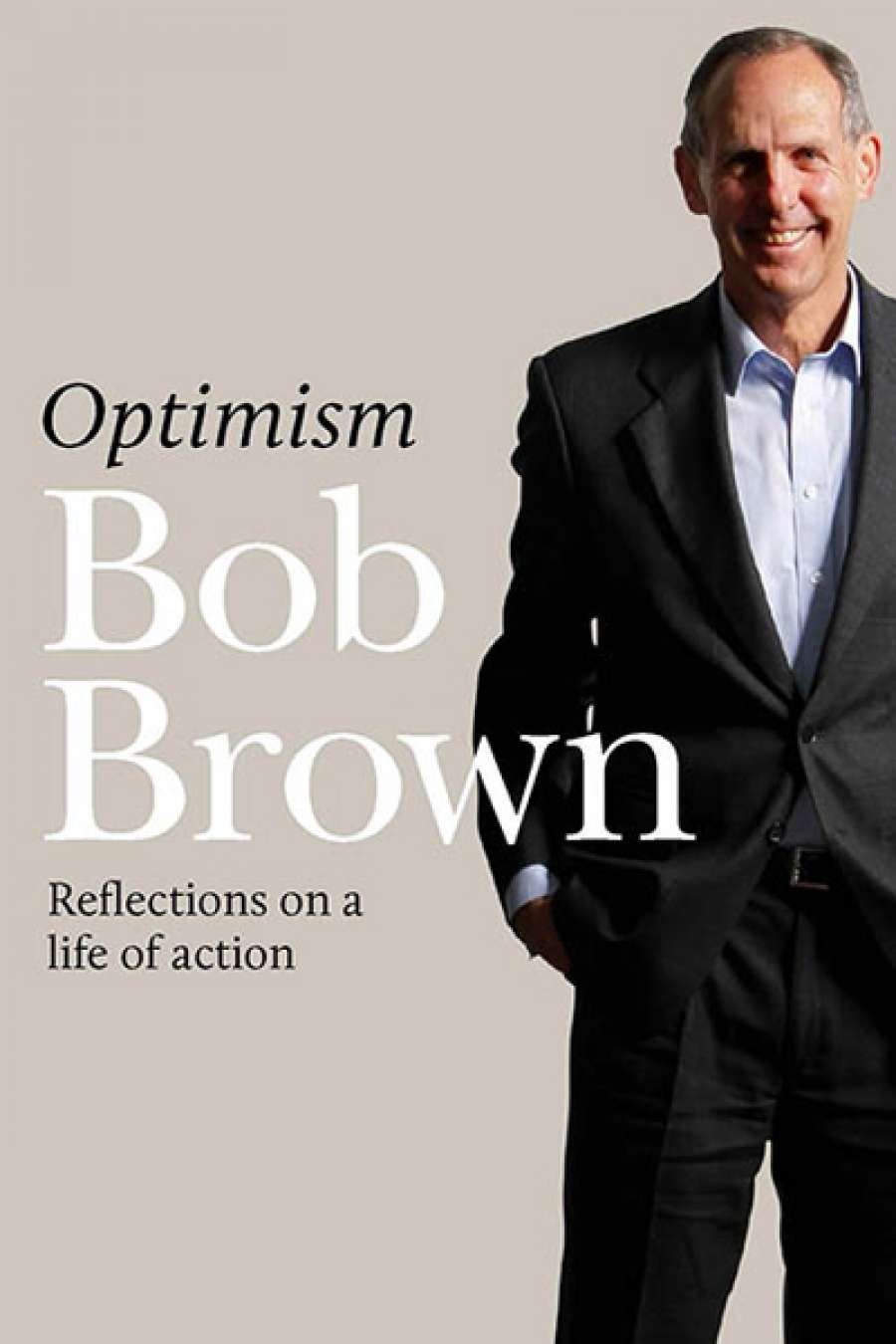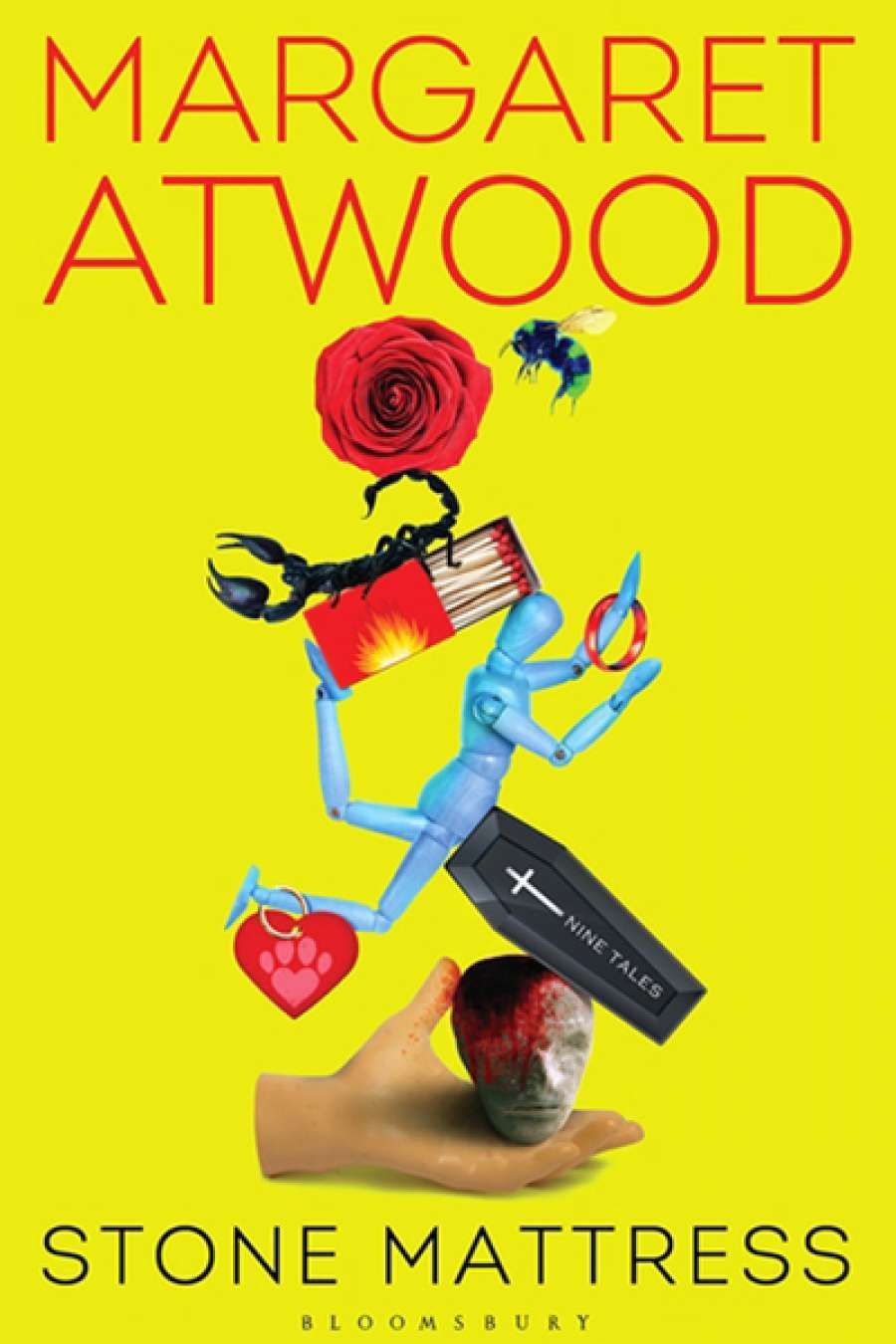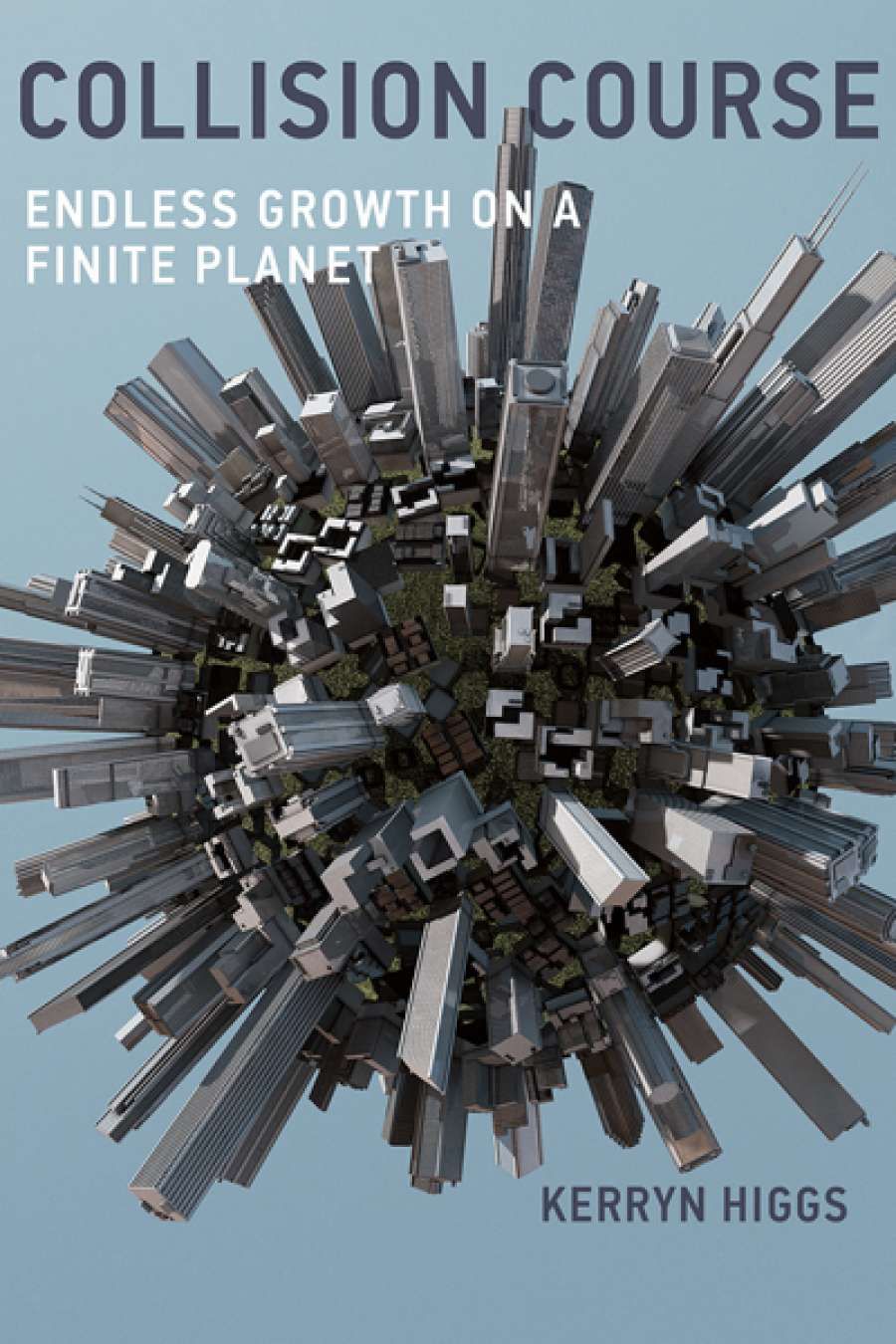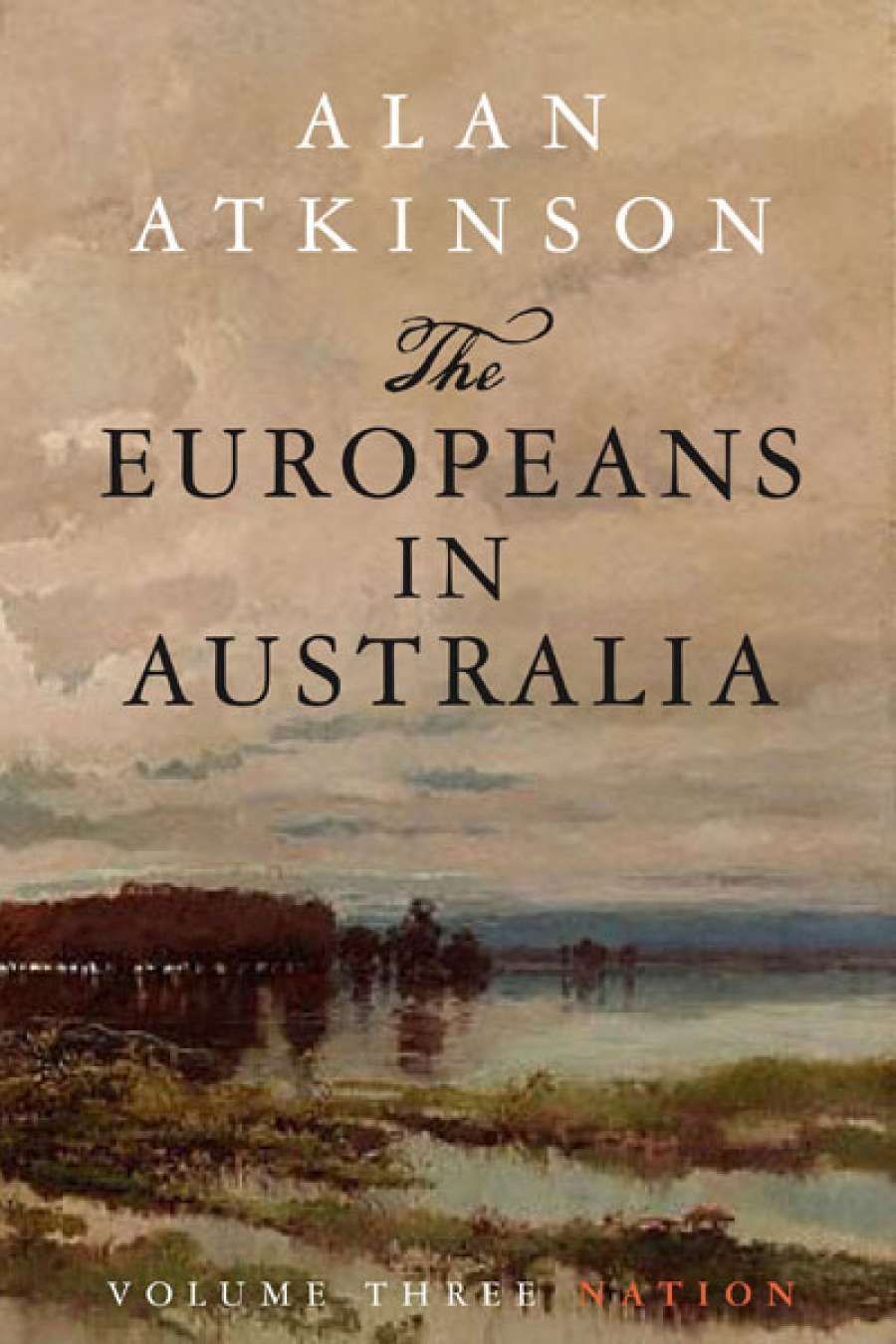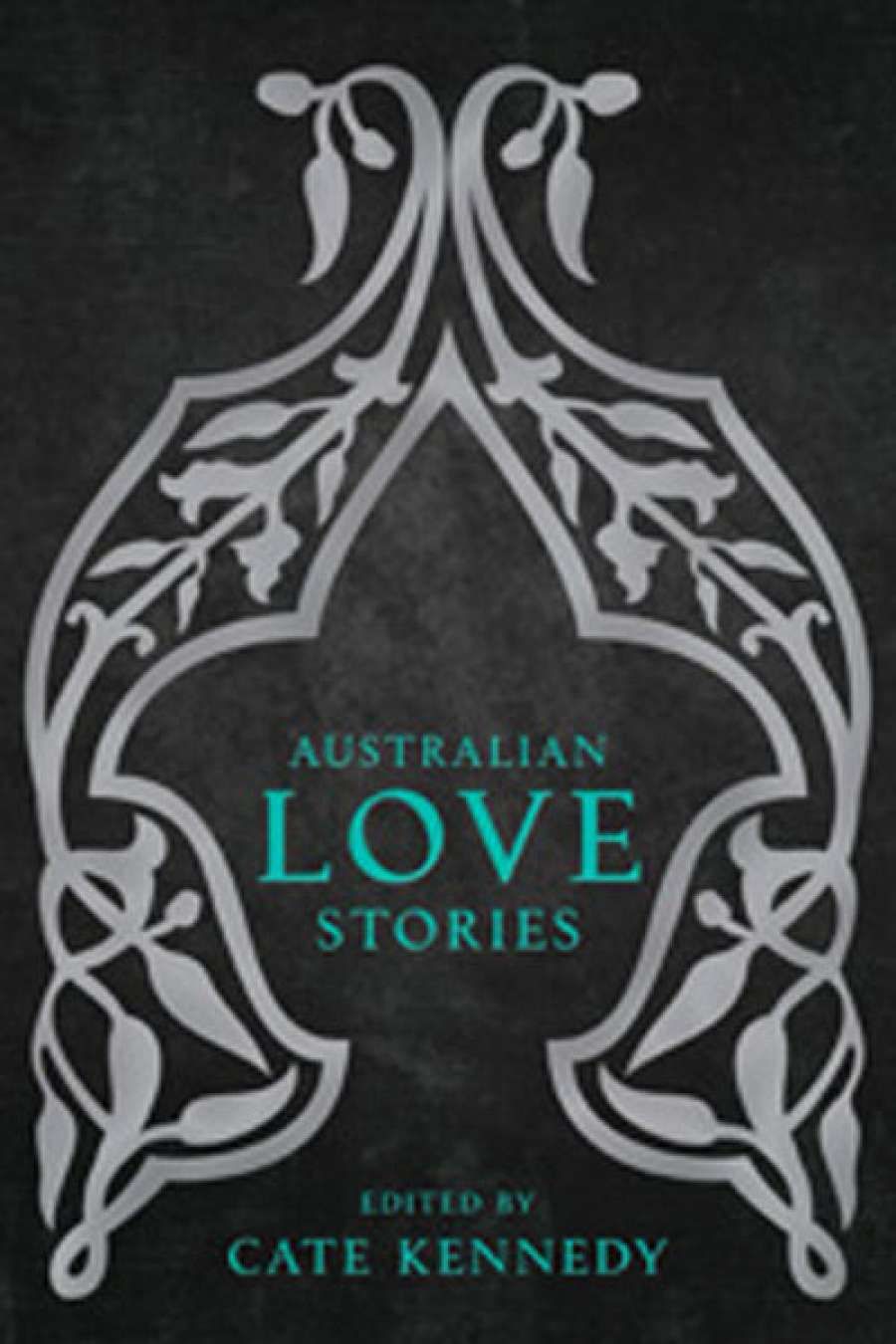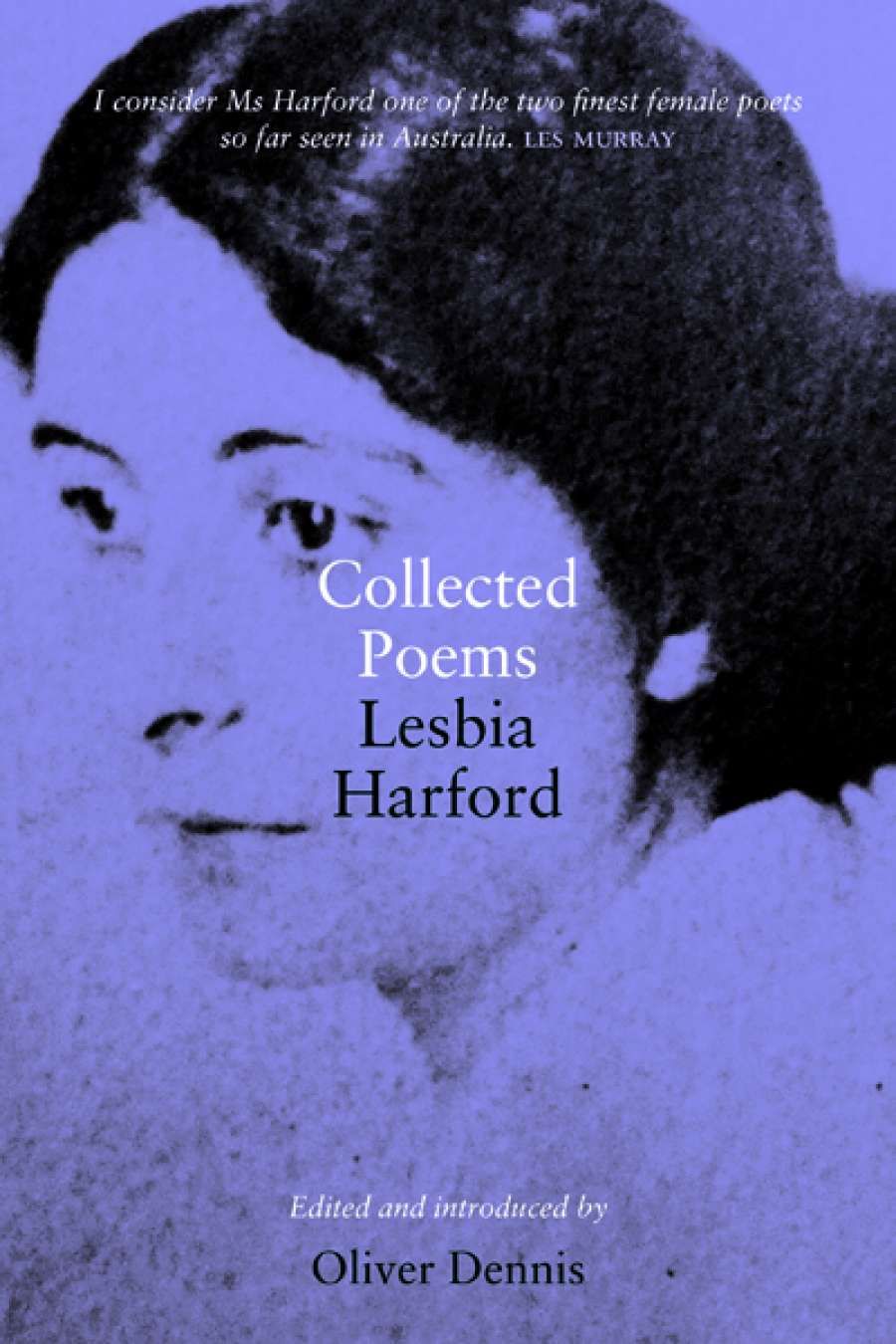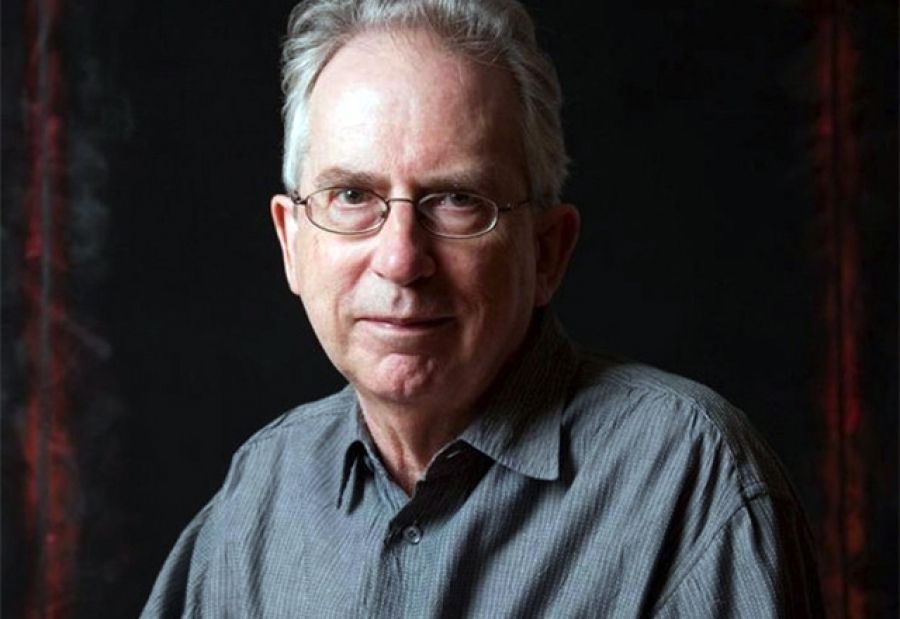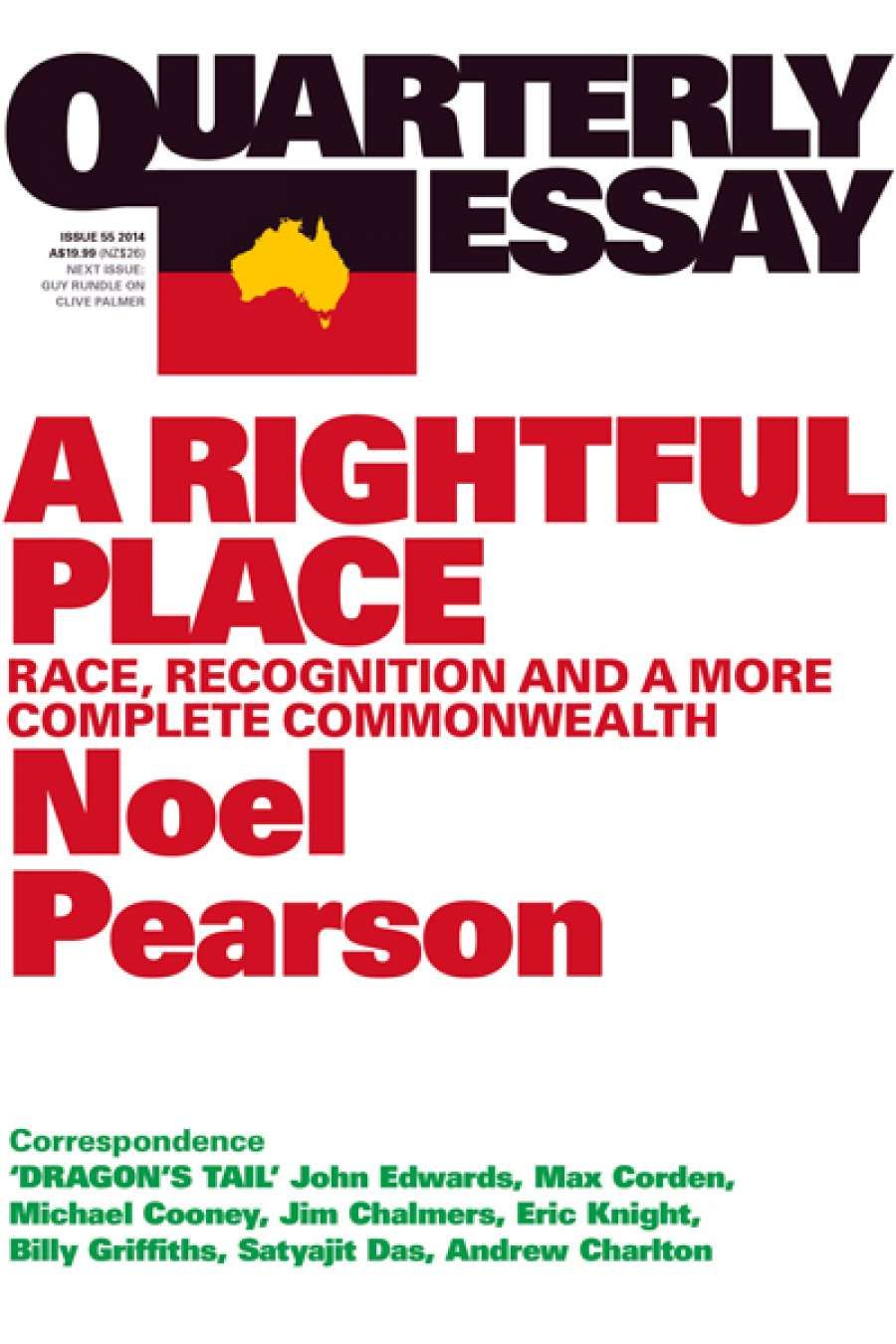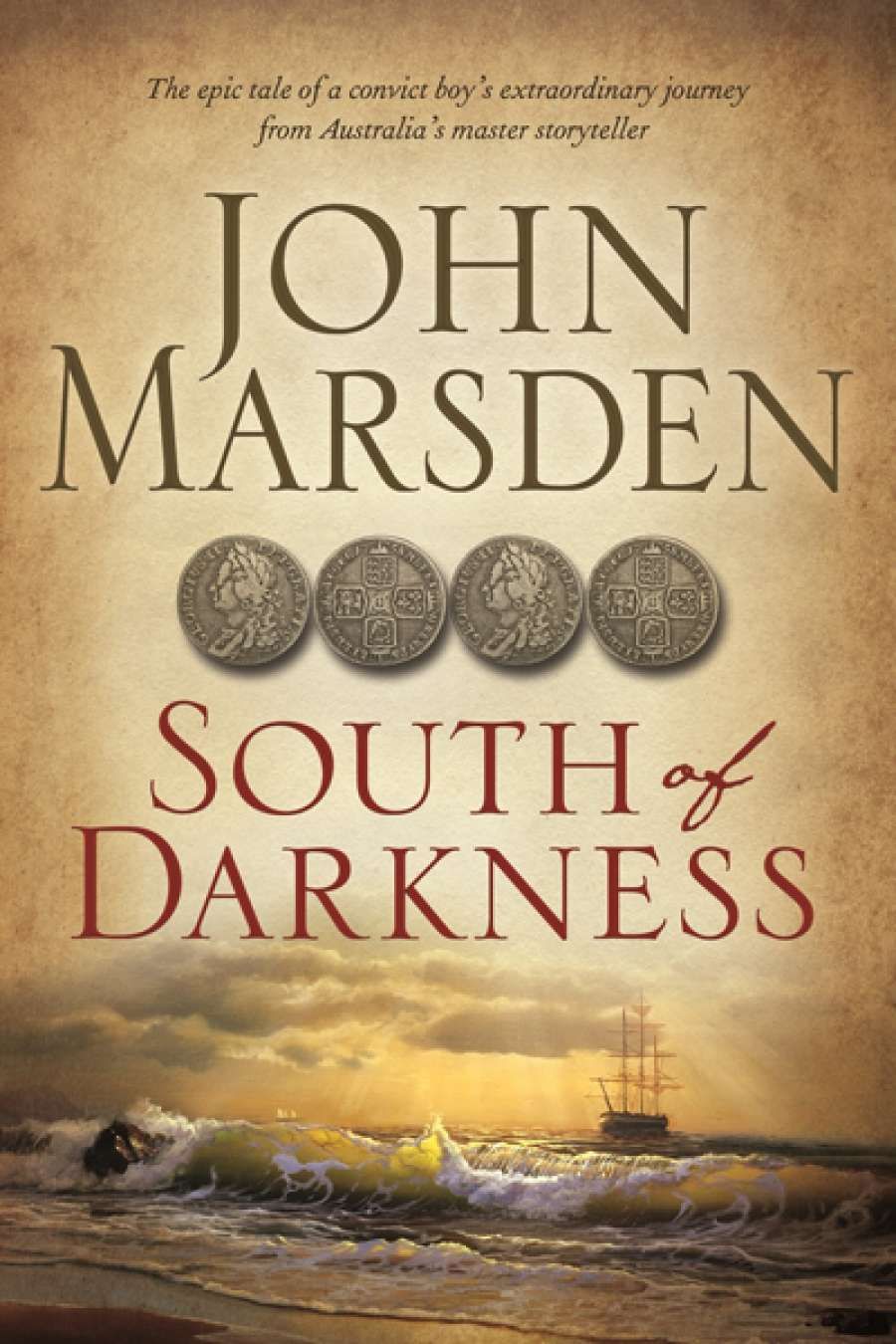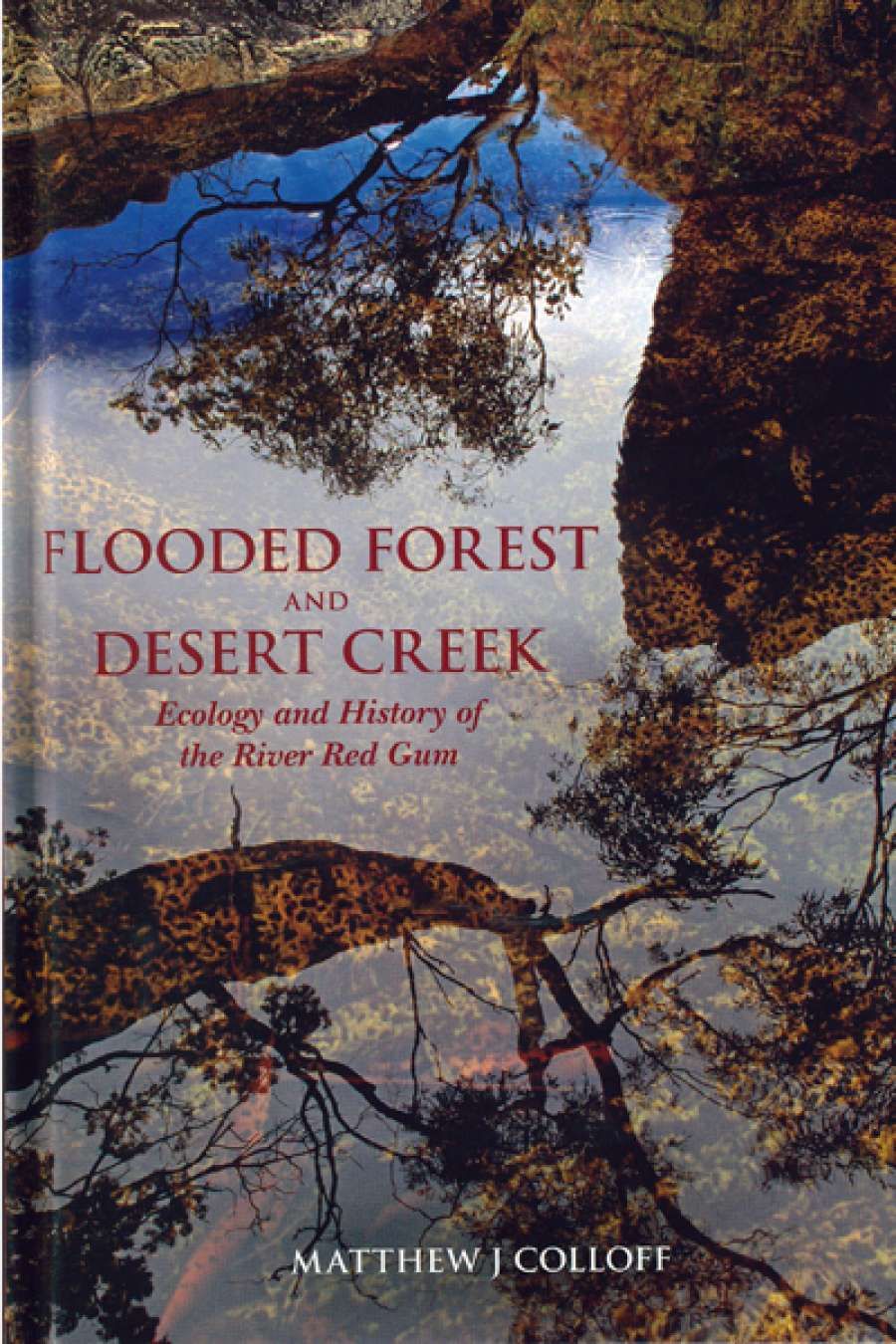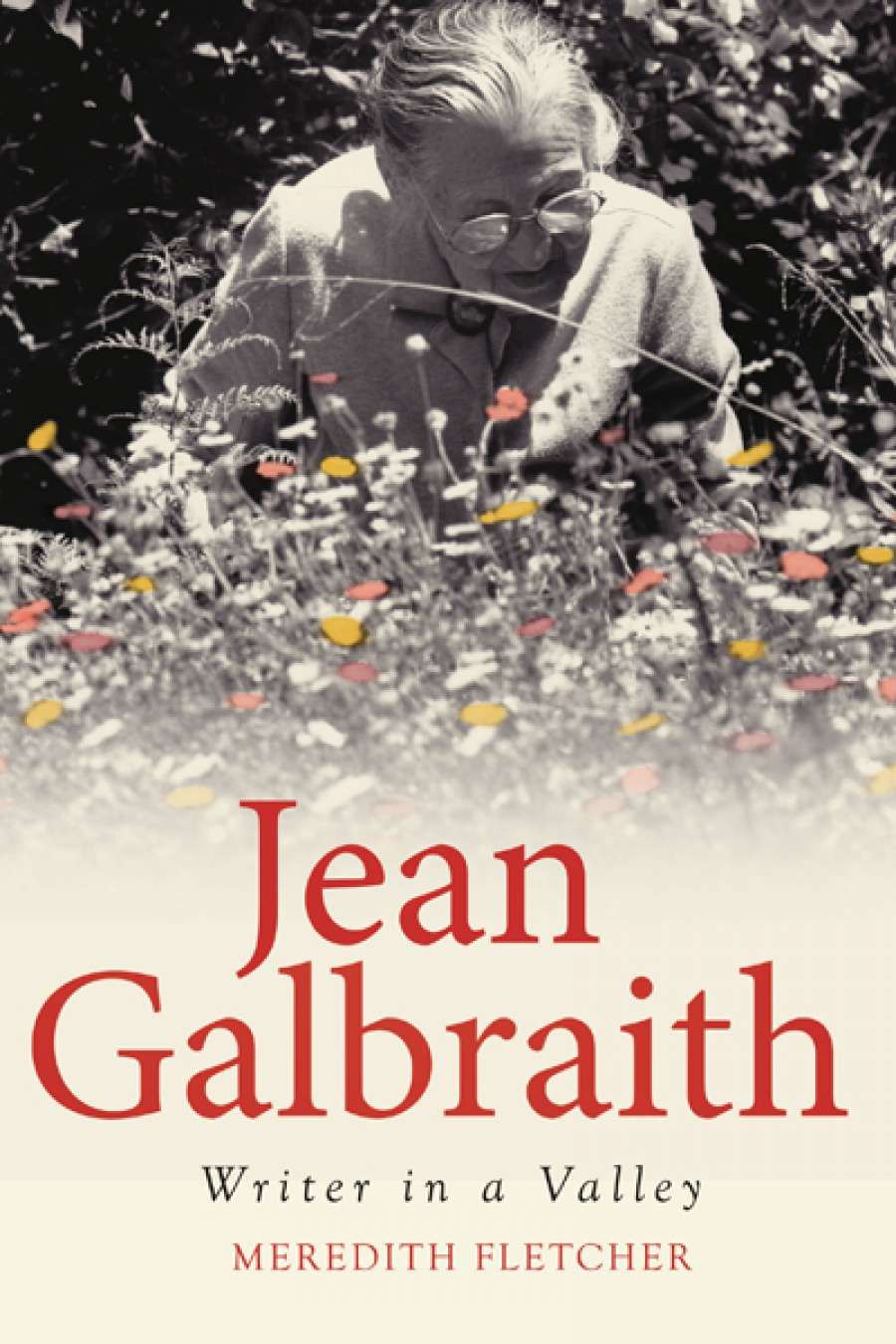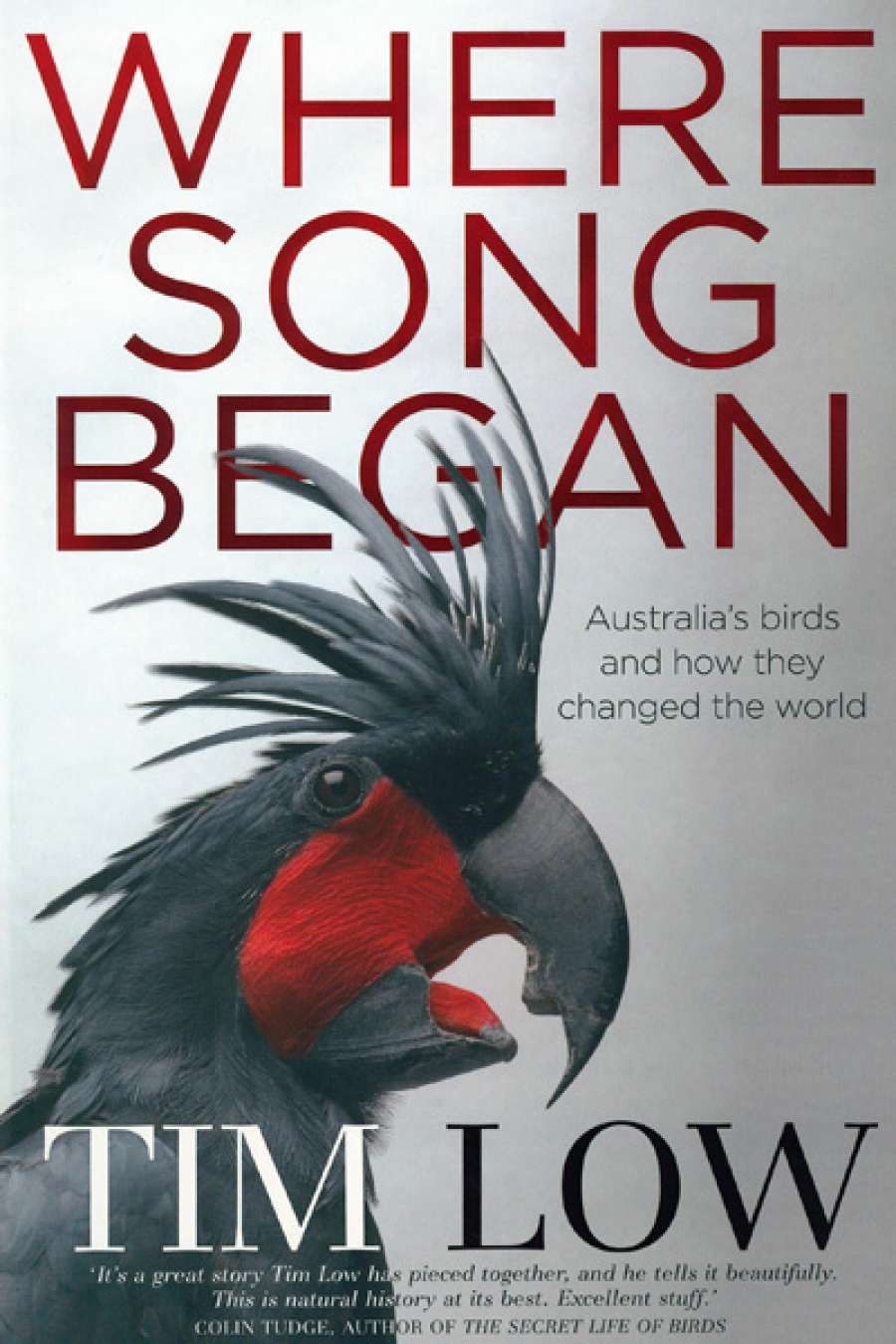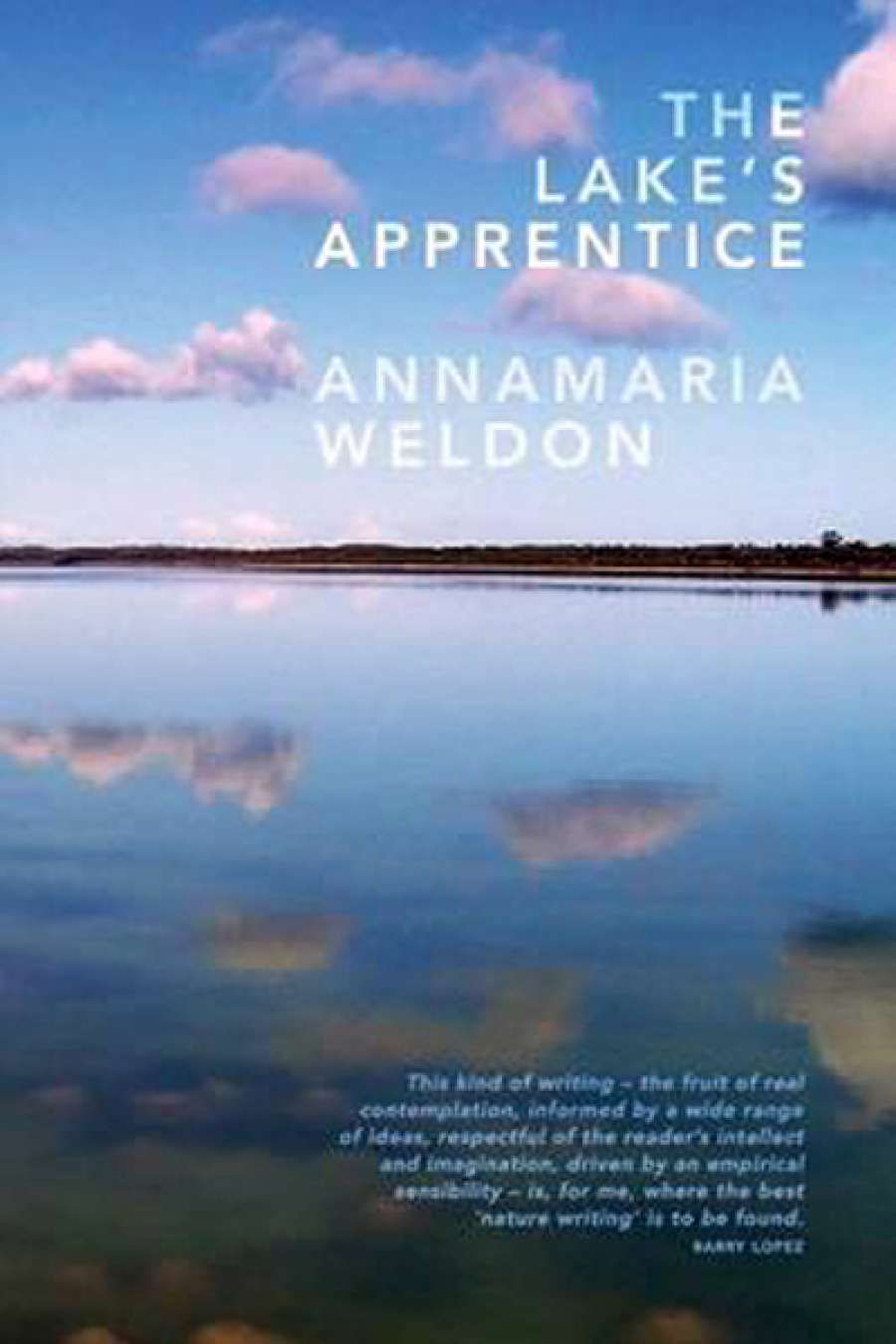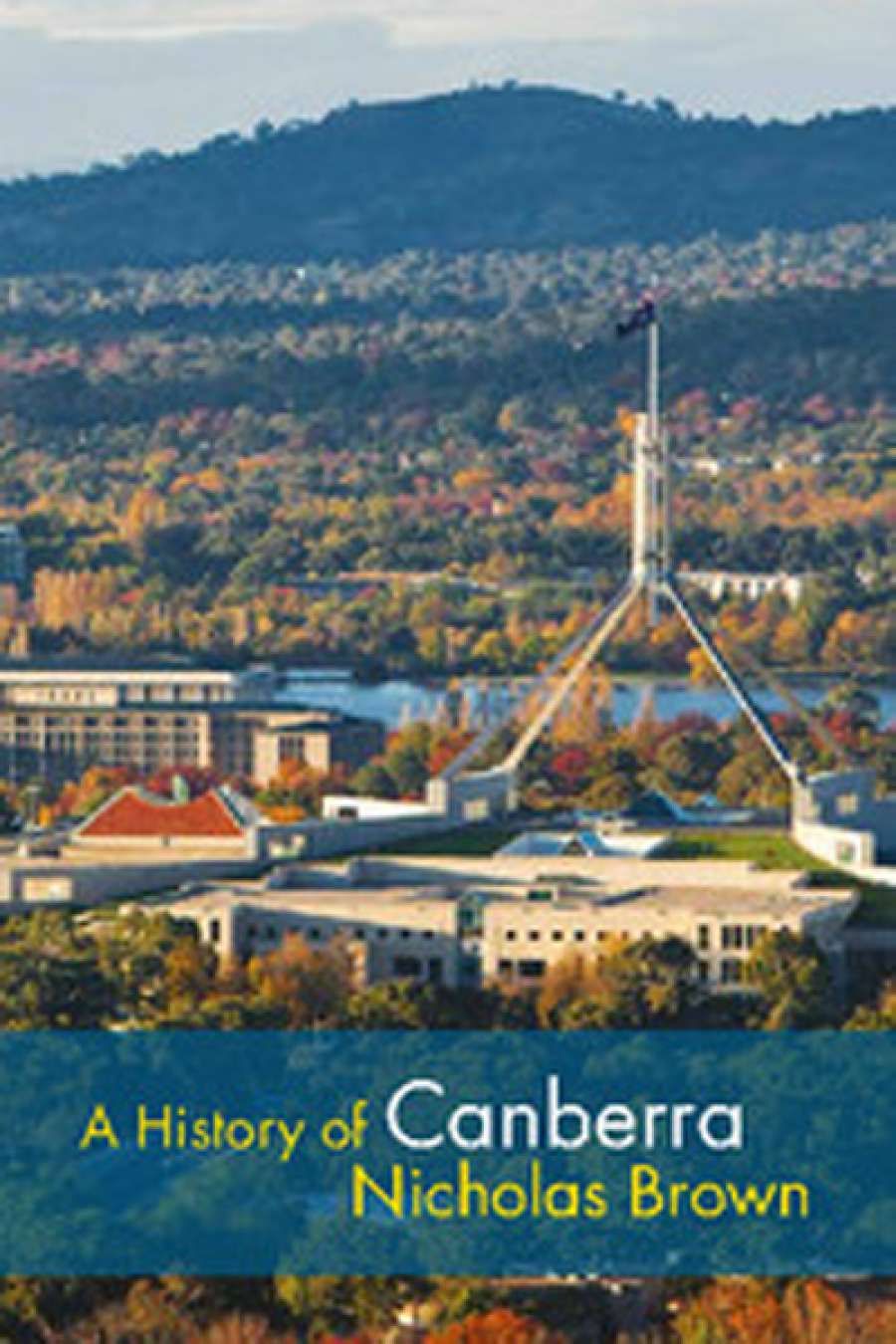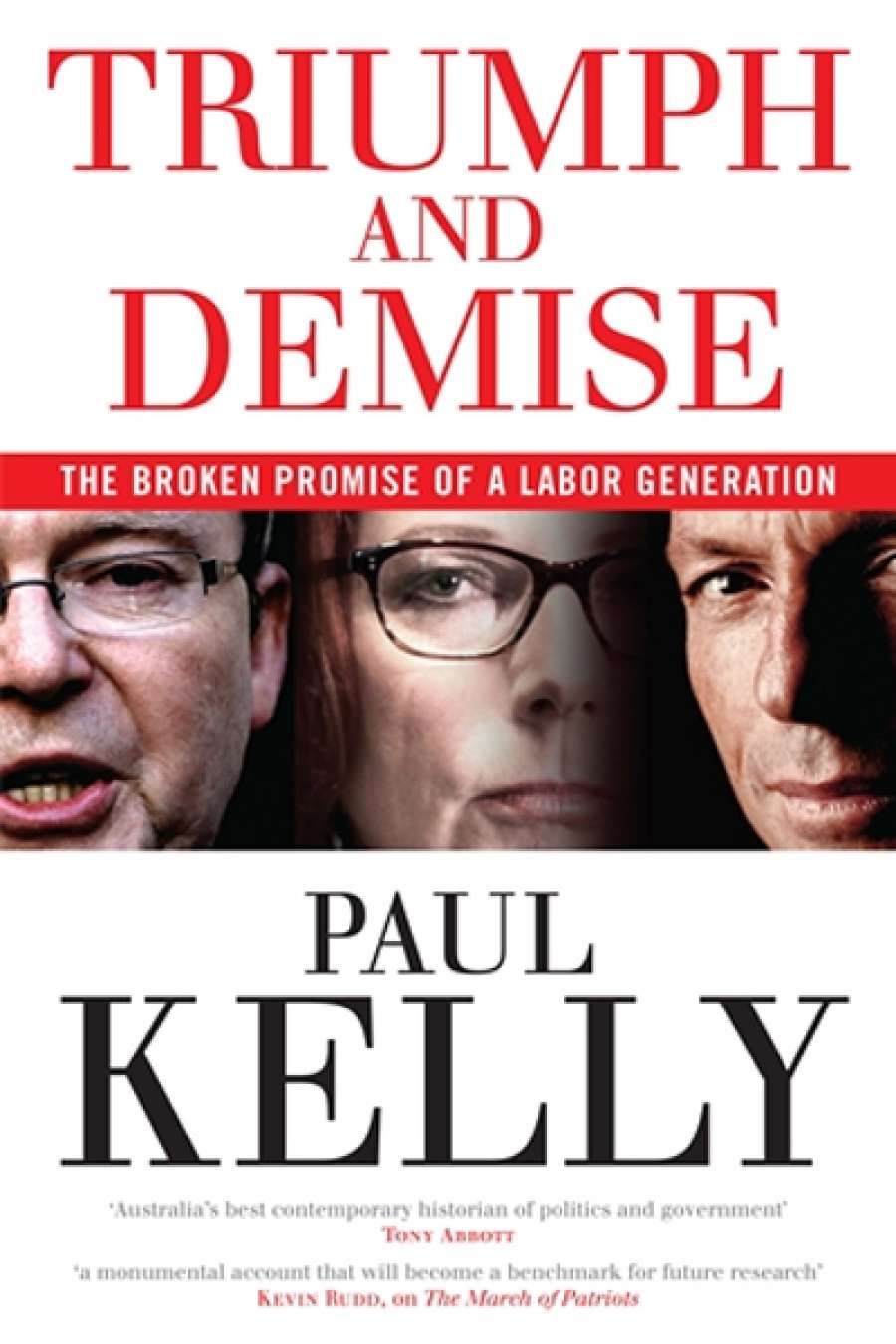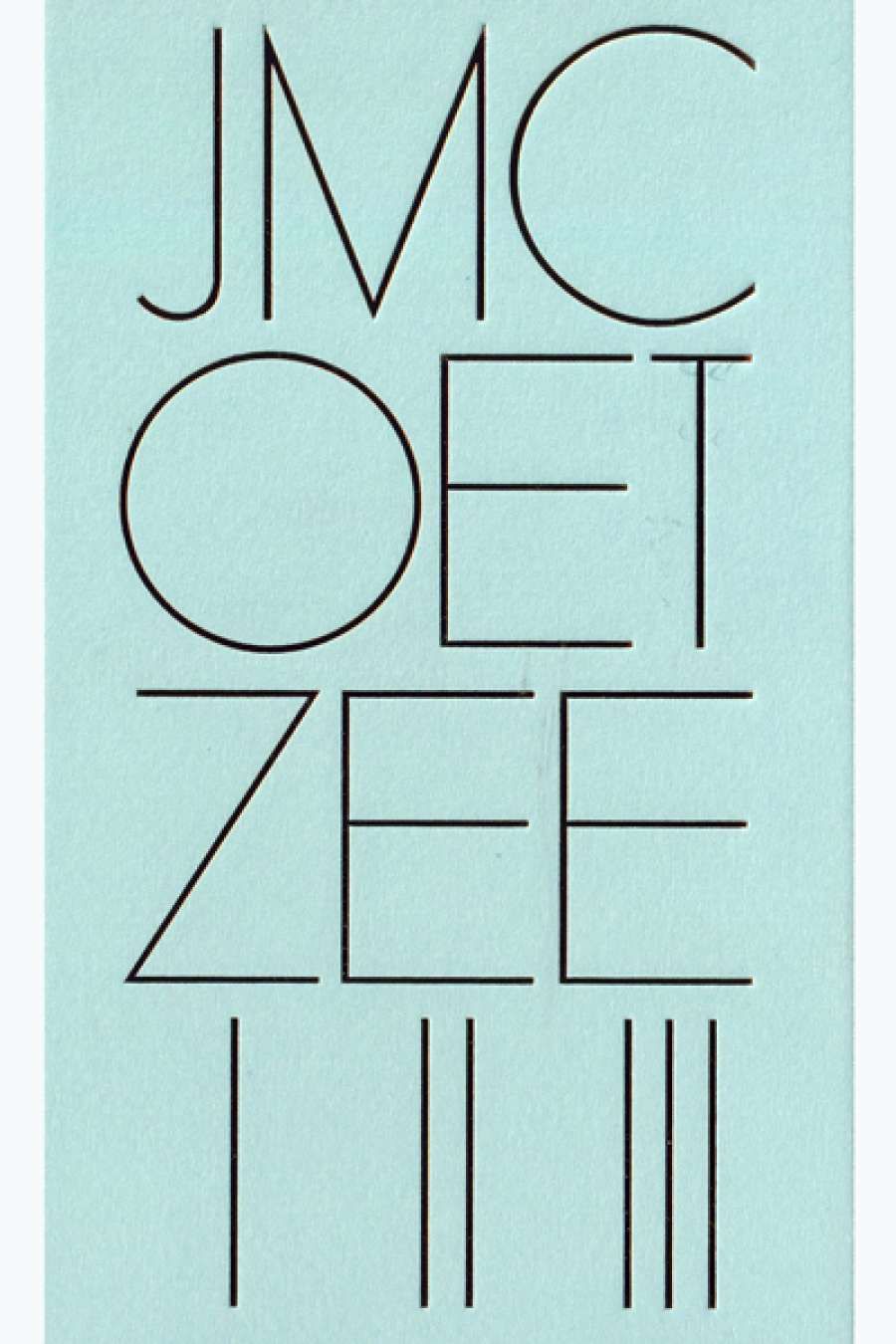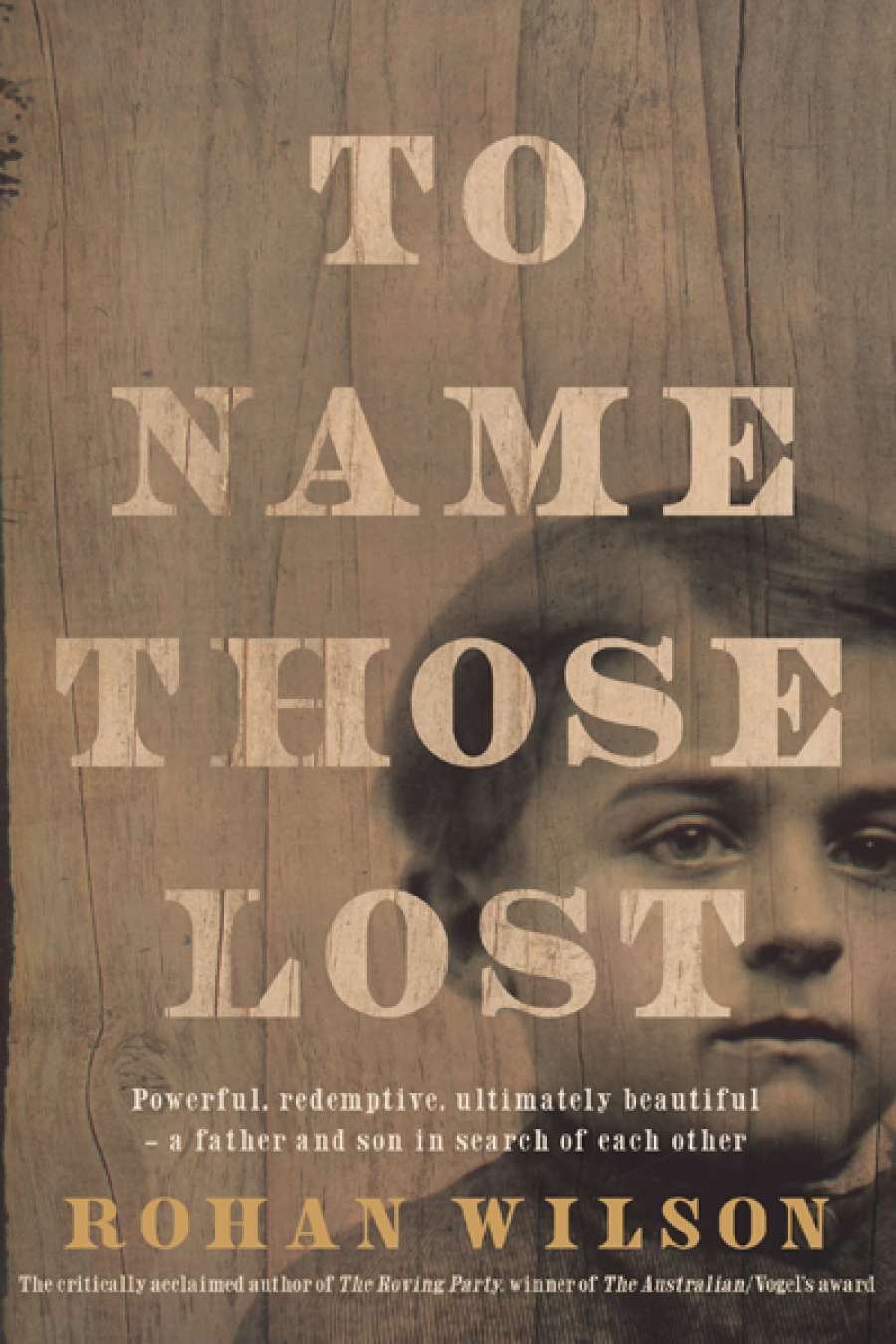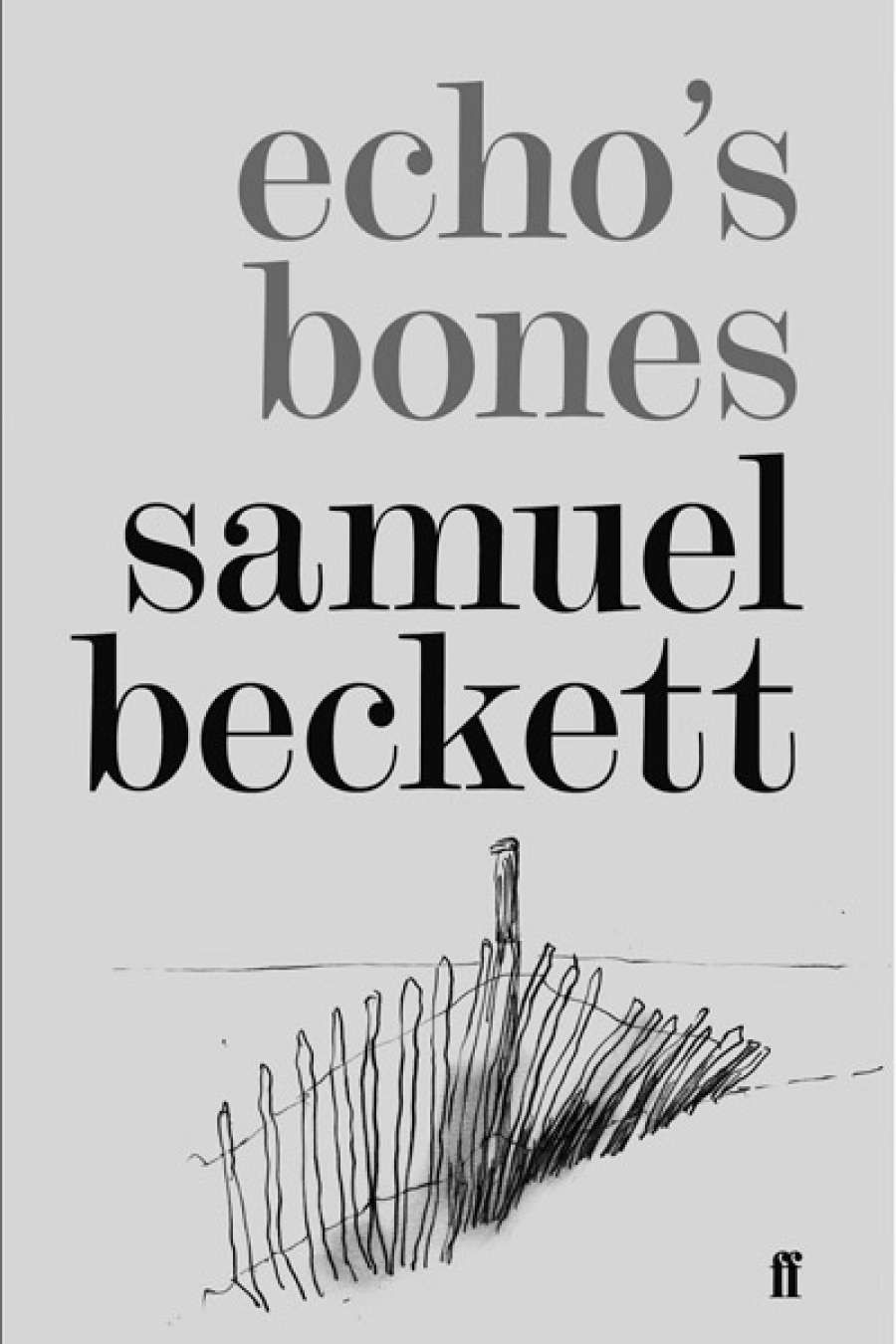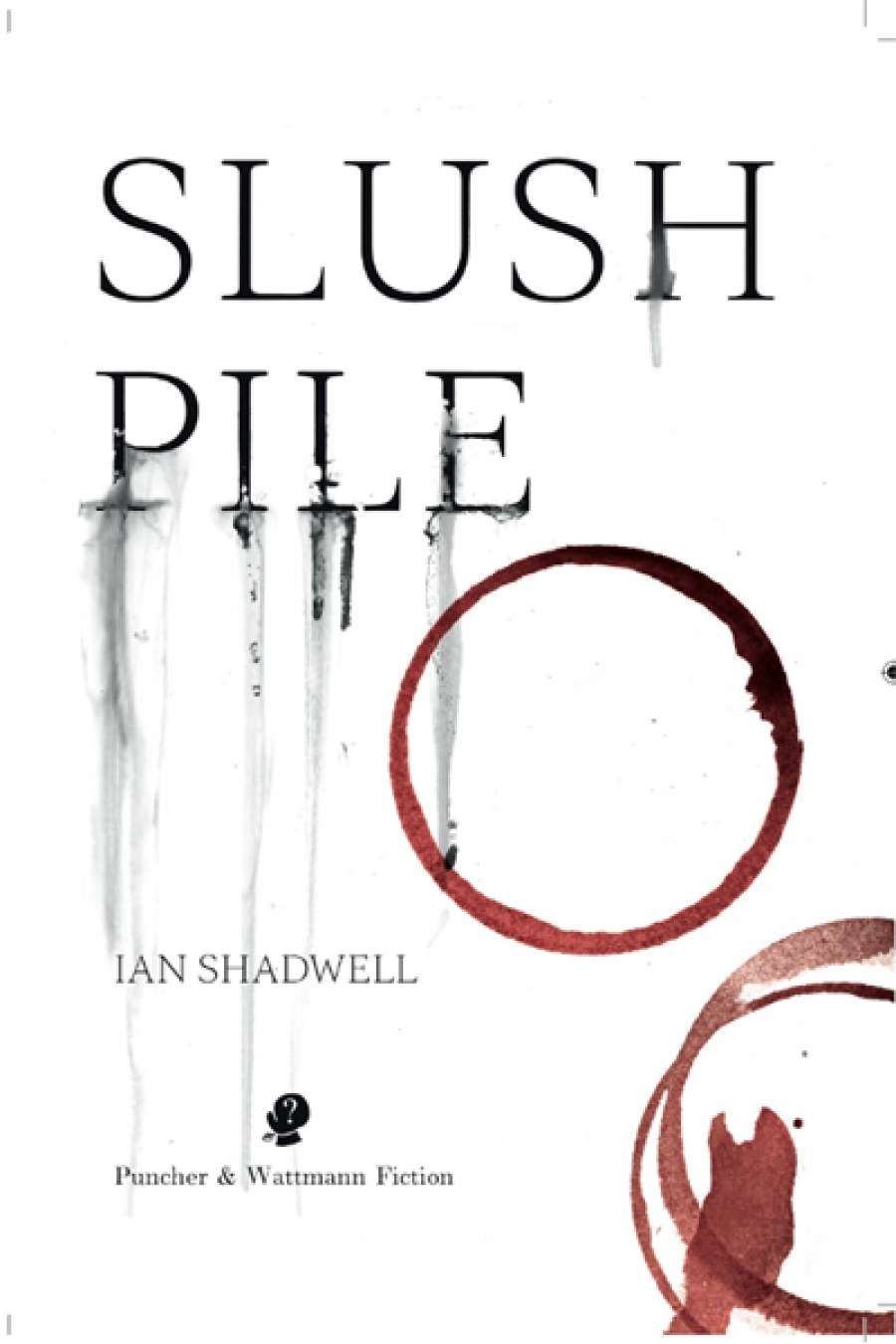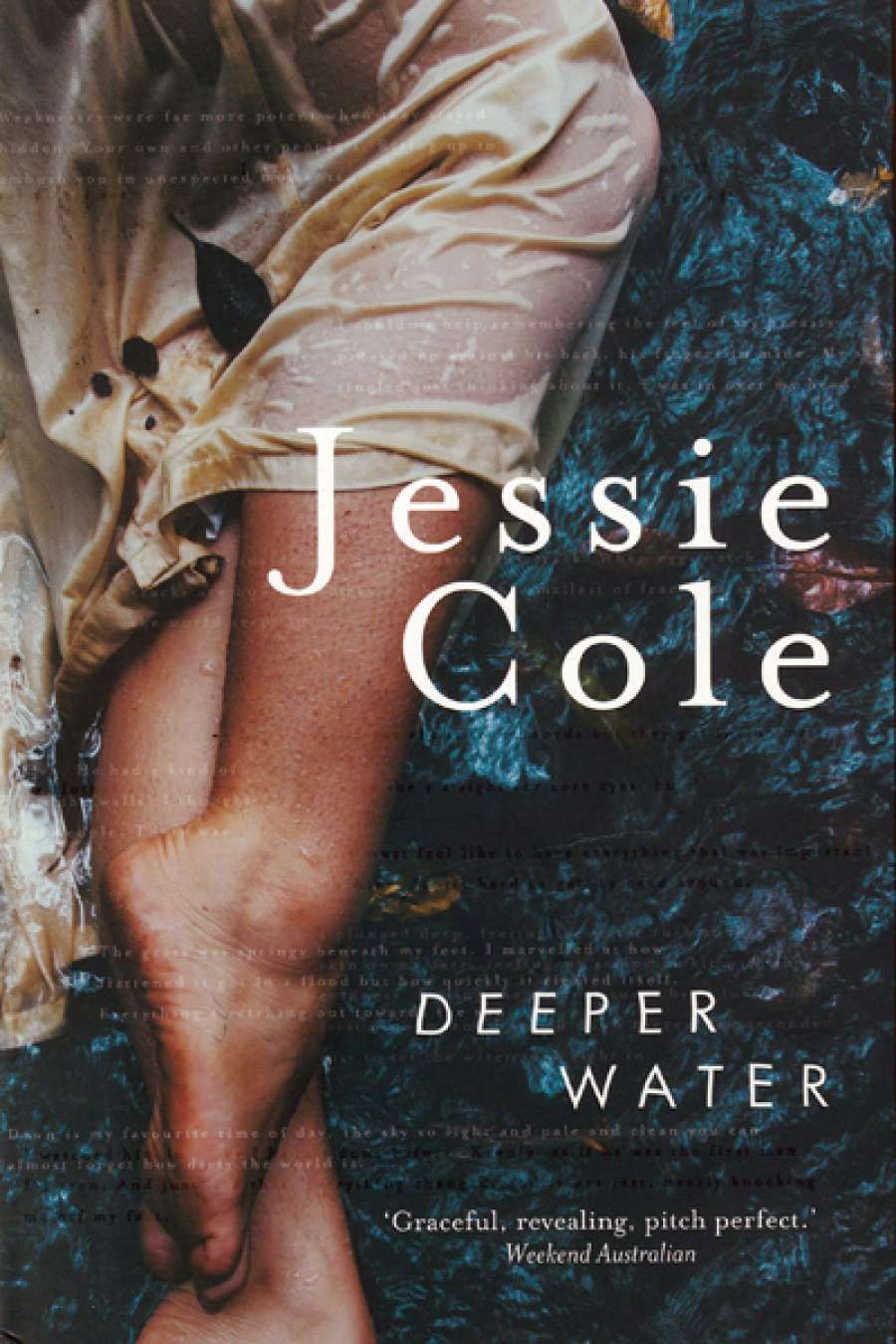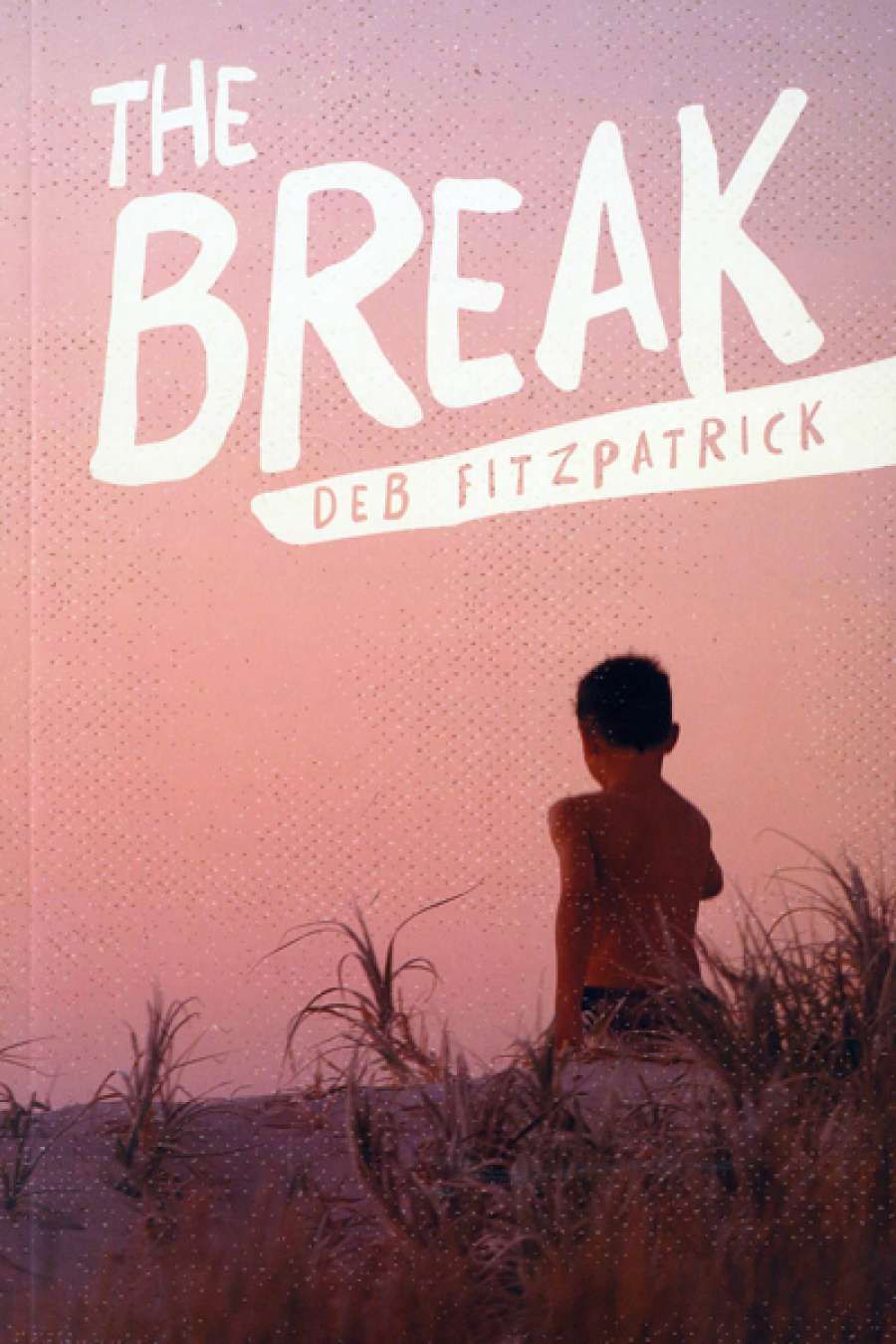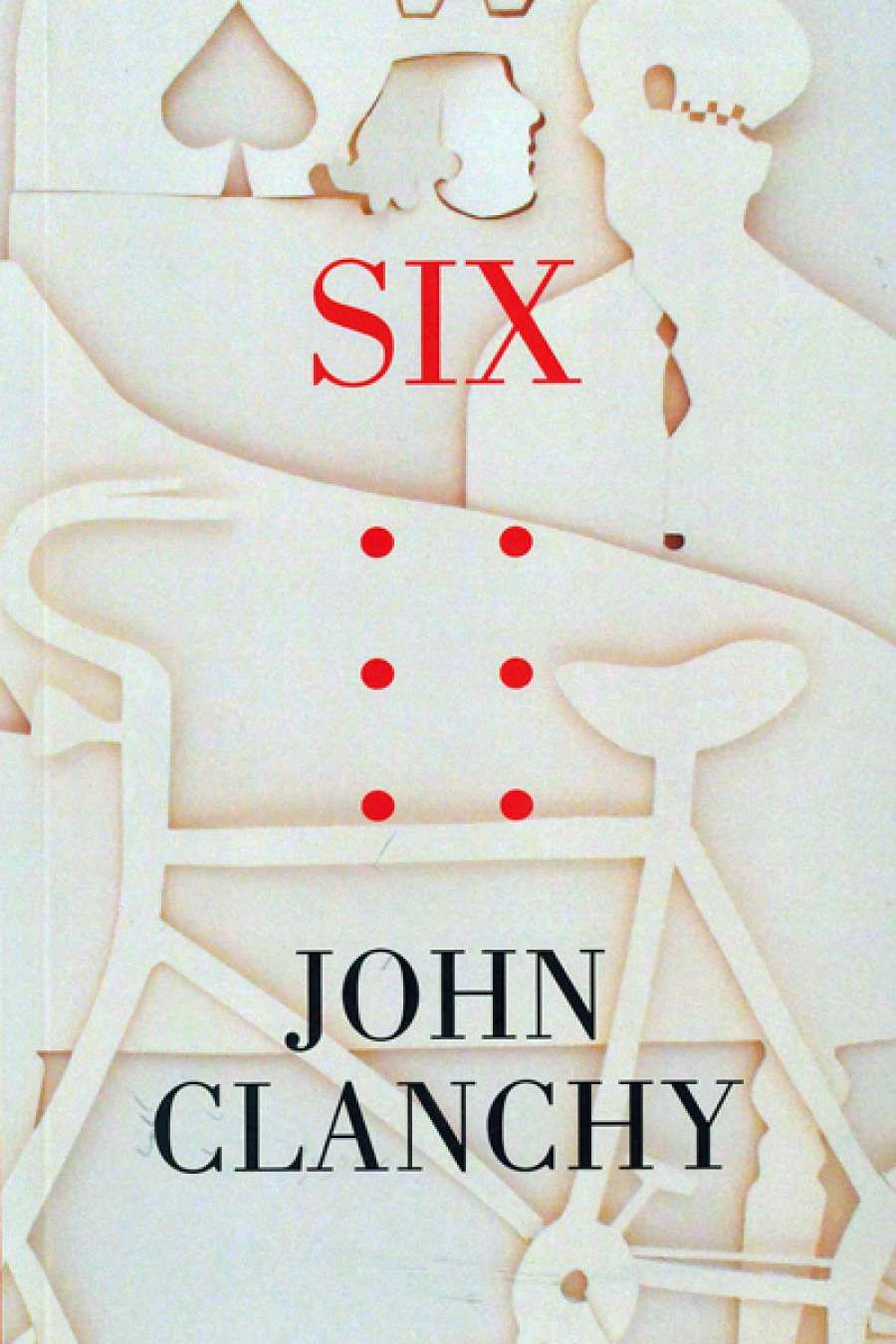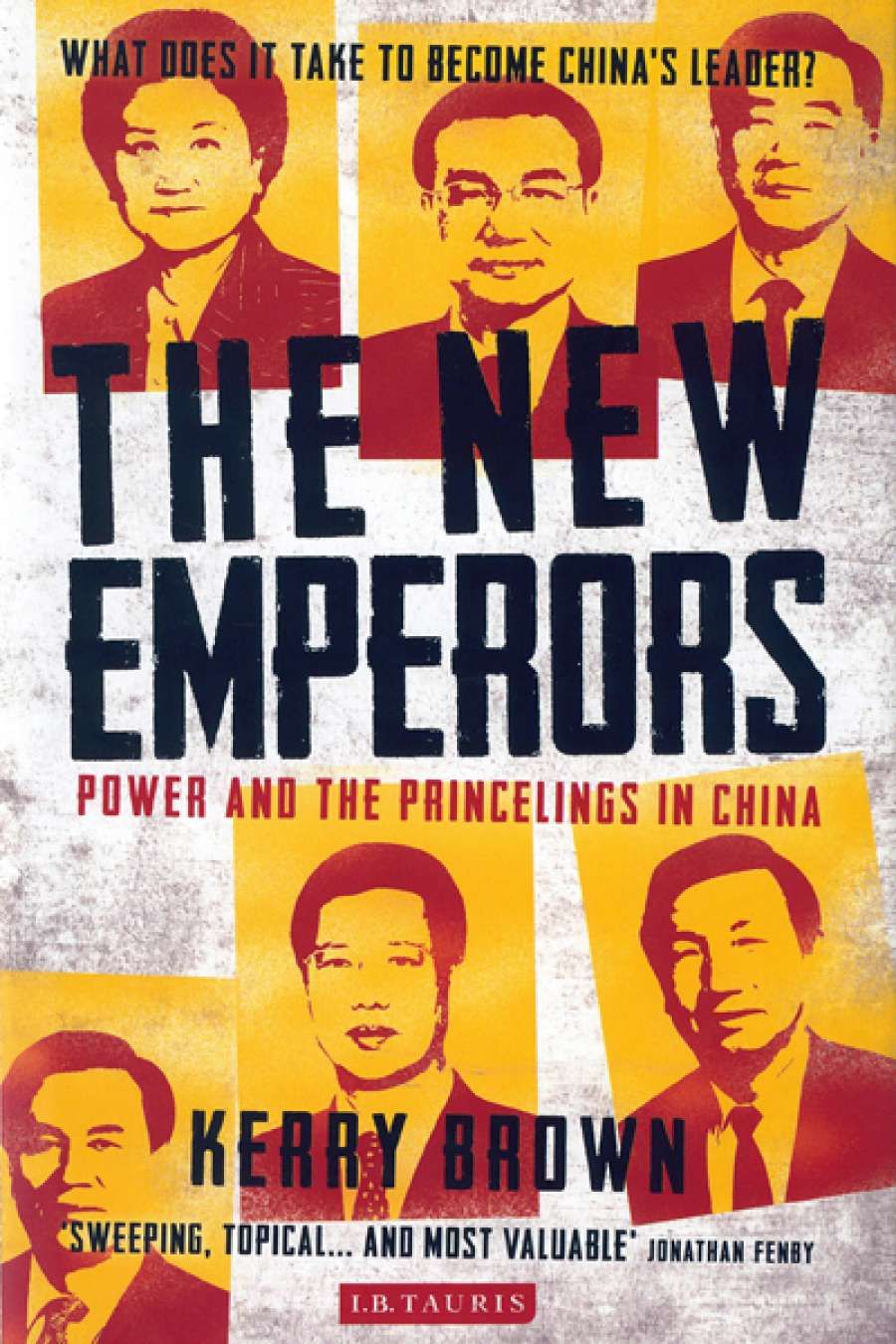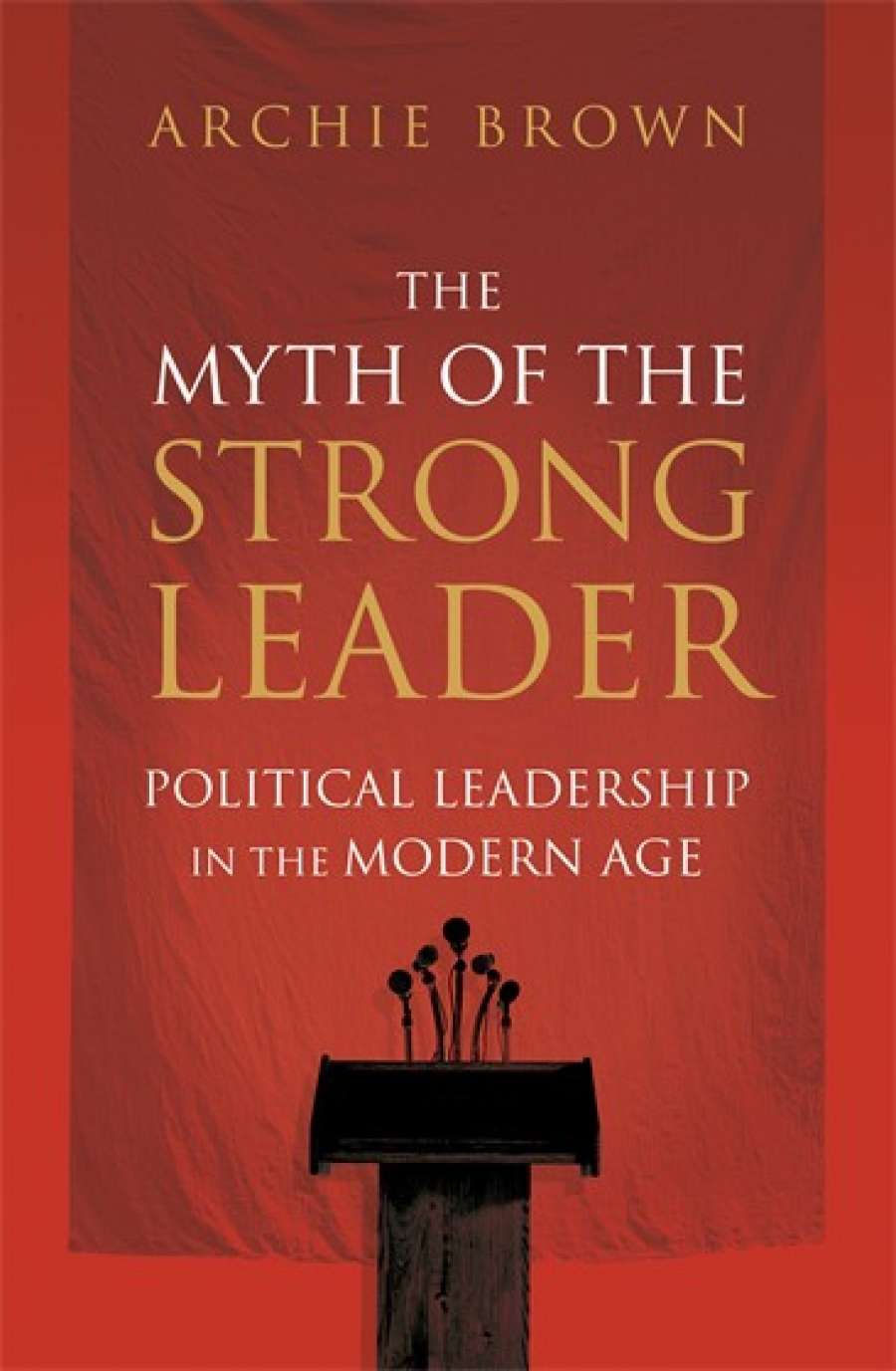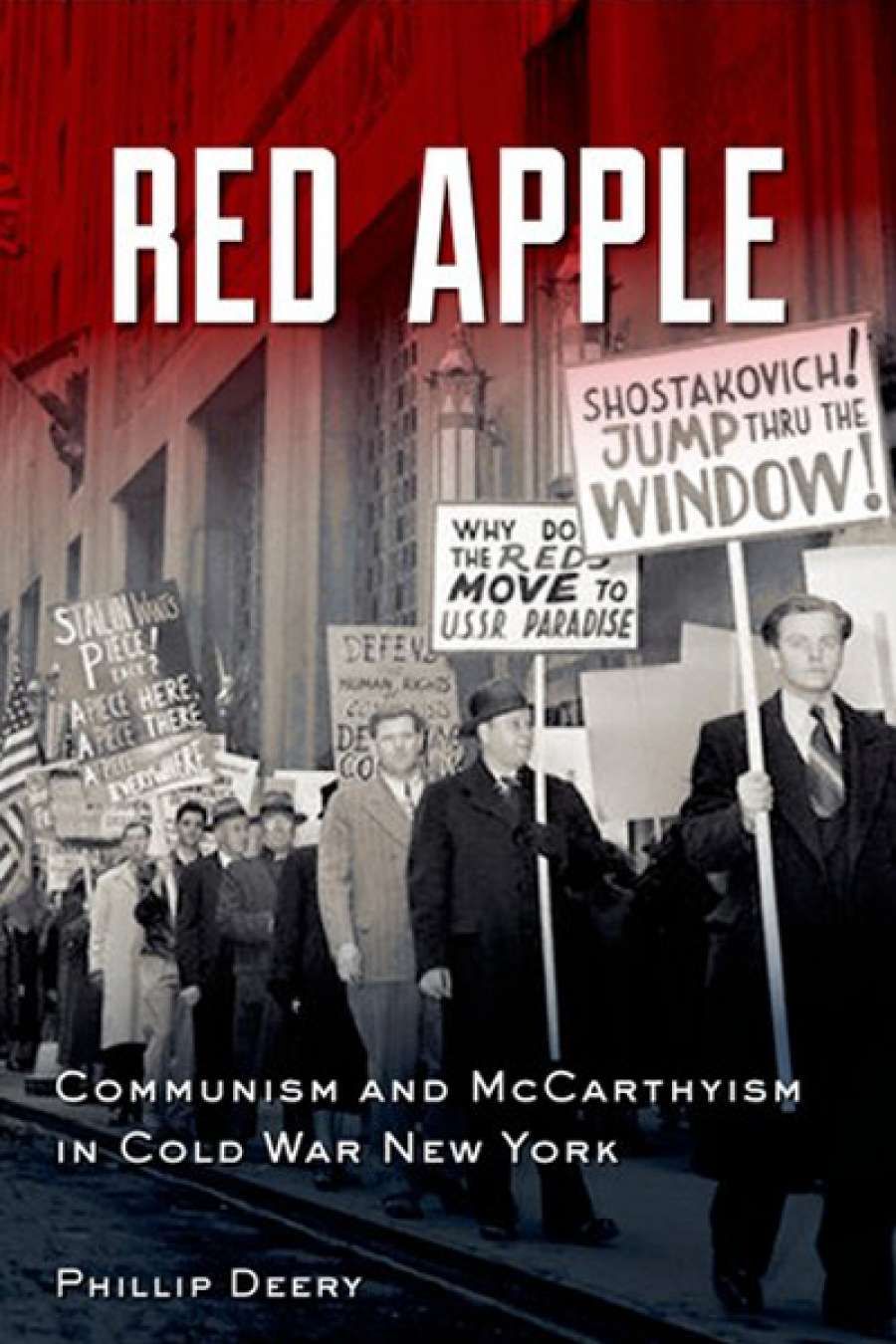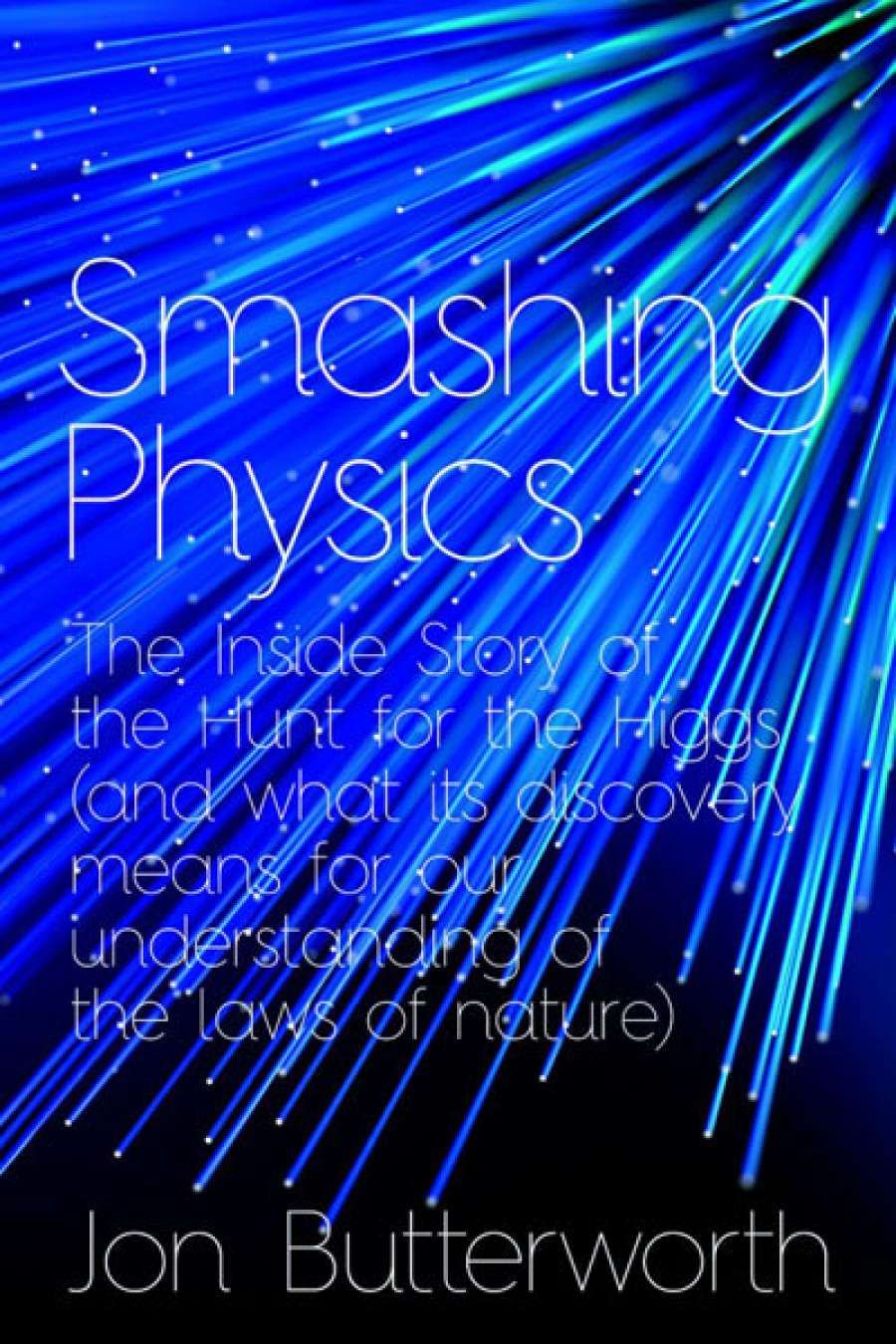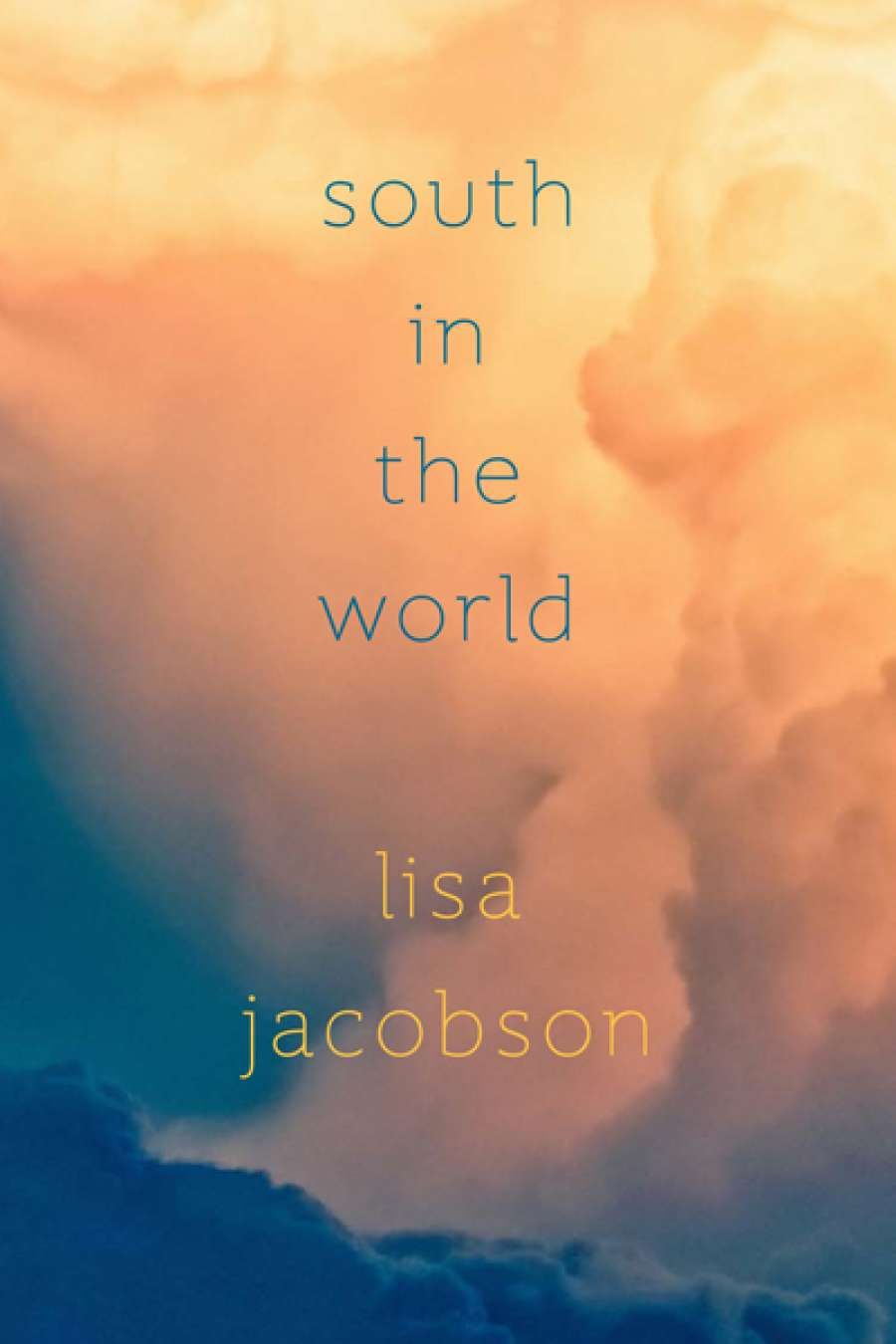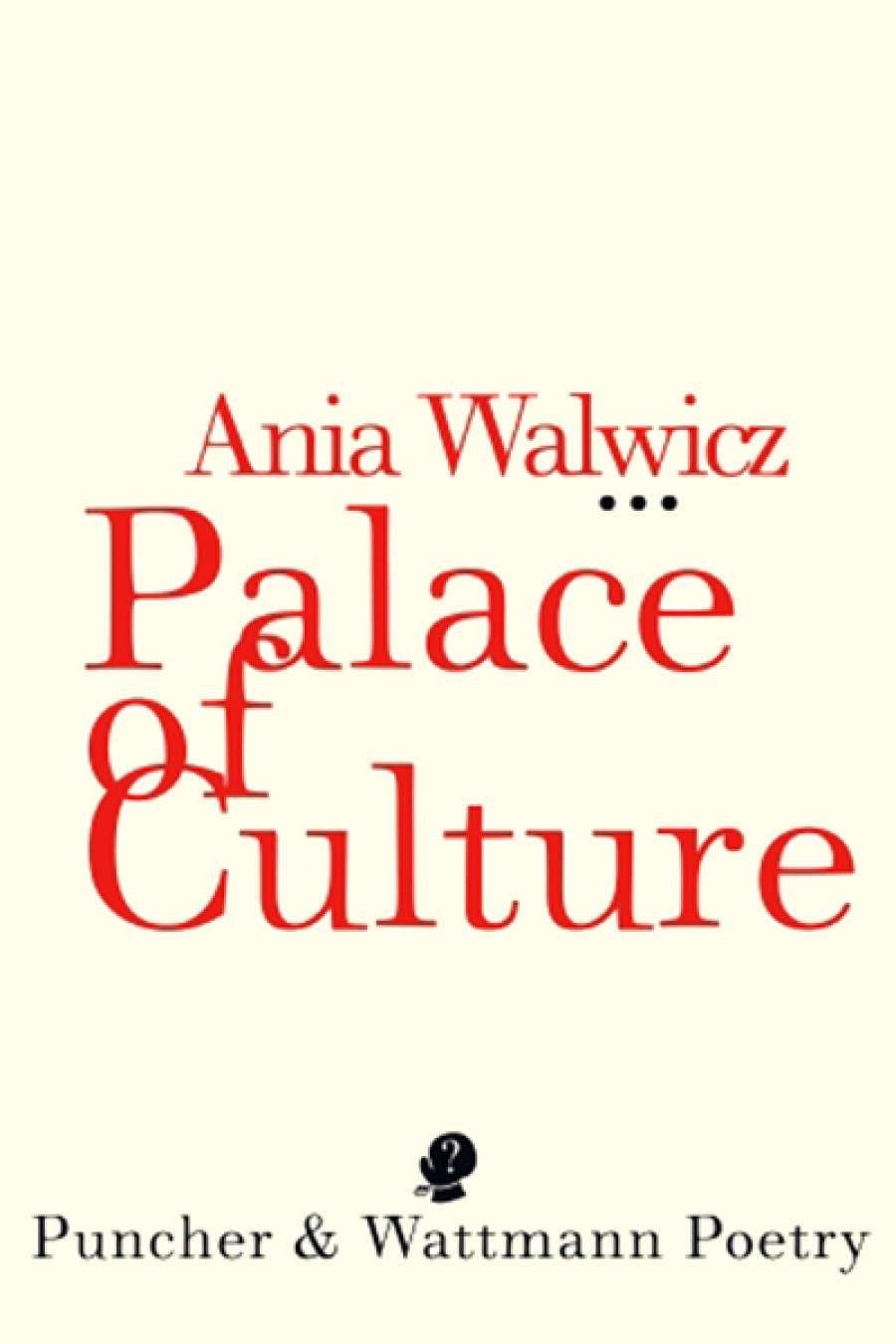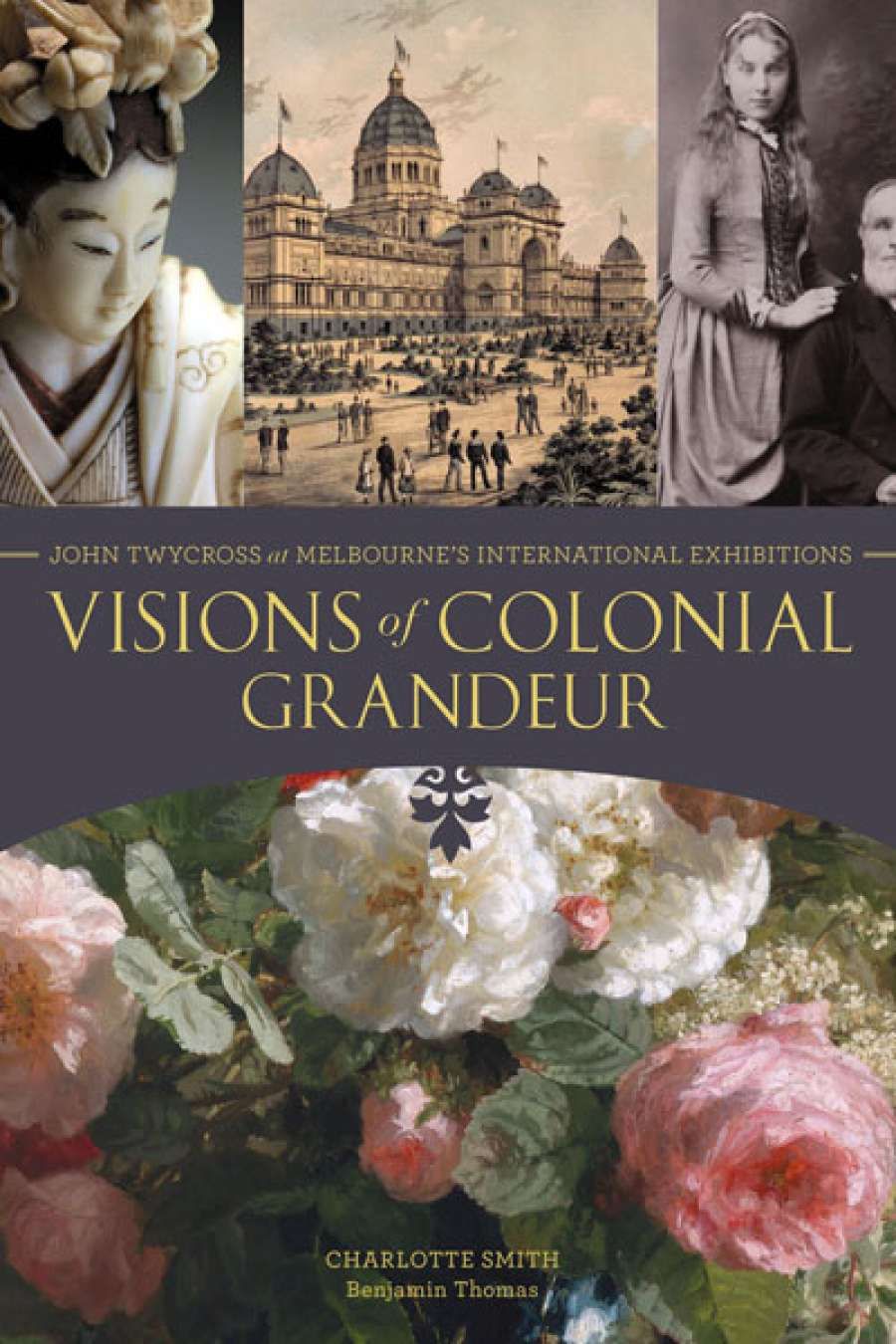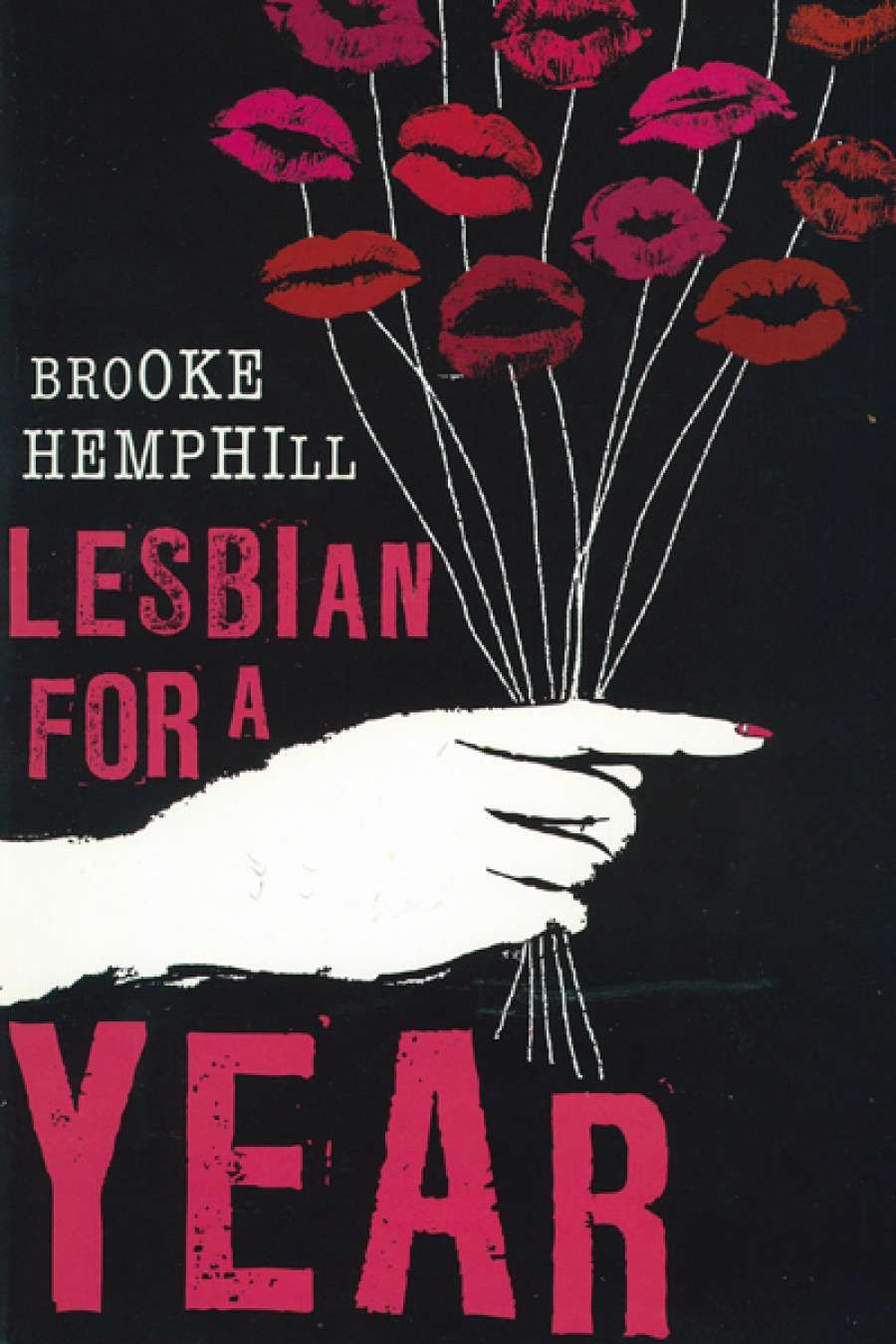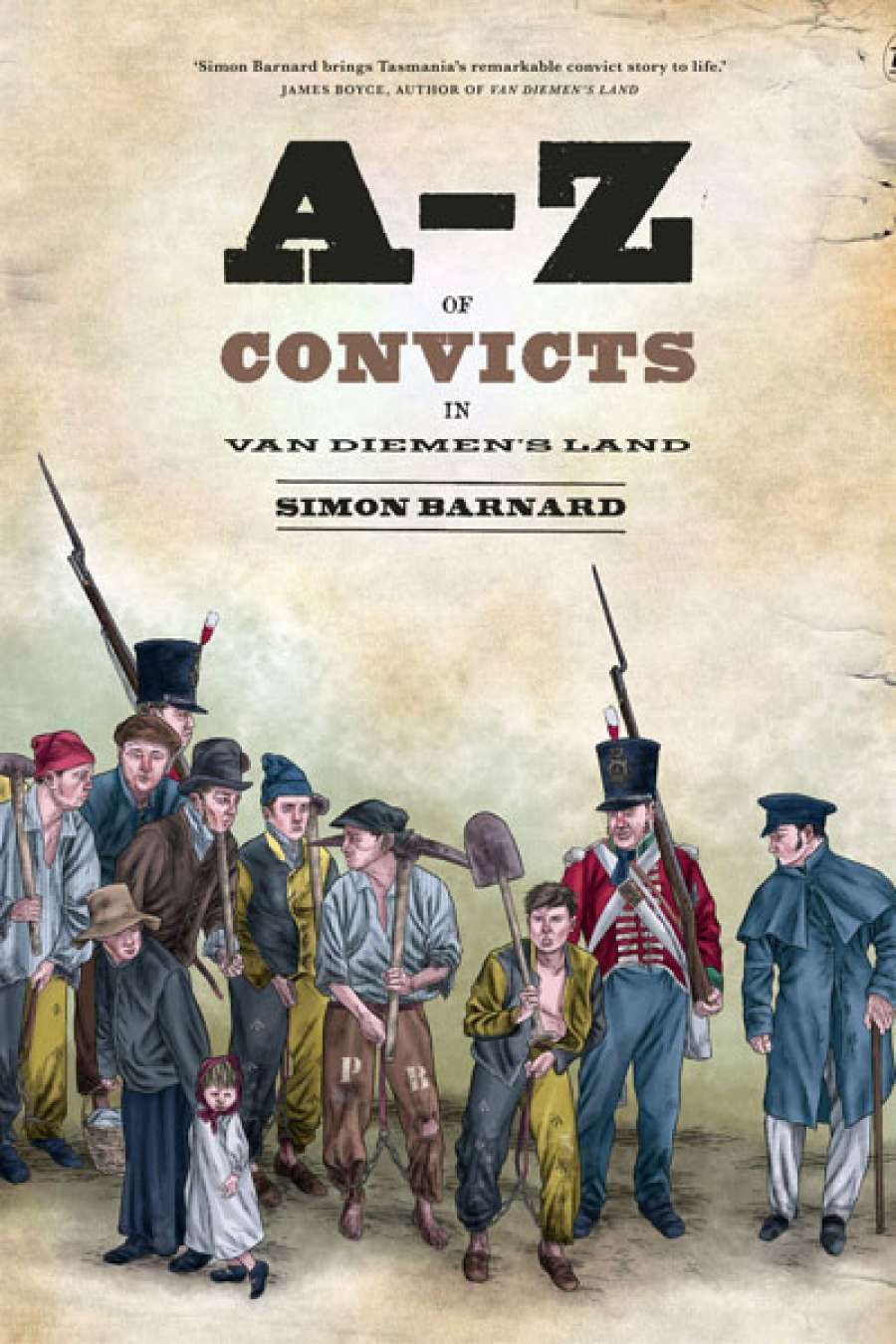The Dahl Trust and ABR
Welcome to our first issue on the environment. Generous support from the Bjarne K. Dahl Trust has enabled us to devote extensive space and resources to aspects of the celebration and endangerment of our natural environment.
Central here is Danielle Clode’s essay ‘Seeing the Wood for the Trees’ – the fruit, so to speak, of the first ABR Dahl Trust Fellowship. Other highlights include Ian Lowe on the inconvenient truth about economic growth; Dina Ross on nature writer Jean Galbraith; Peter Menkhorst on ‘birds with attitude’, and Tom Griffiths on coming of age in the Great Acceleration. (The Editor is grateful to Professor Griffiths for his sage advice during the shaping of this issue.)
The Dahl Trust’s support enables us to publish a photo essay by Daylesford photographer Alison Pouliot. Her work bridges science, photography, and environmental writing. Of her essay on ‘Drought’, Ms Pouliot told Advances: ‘The insidious creeping nature of drought can sometimes lend itself more to images than words.’
Bjarne Dahl’s story is a remarkable one. The Norwegian forester came to Australia in 1928 and by 1946 was head of the Victorian Forest Assessment Branch. He developed a true affinity with the Australian bush and a particular love of the Silvertop Ash, or Eucalyptus sieberi. When he died in 1993, his estate was bequeathed to the Forests Commission of Victoria, to be established as a Trust focused on Australia’s iconic eucalypts. The Bjarne K. Dahl Trust was launched in 2010, those interested in the Trust’s work should consult: www.dahltrust.org.au.
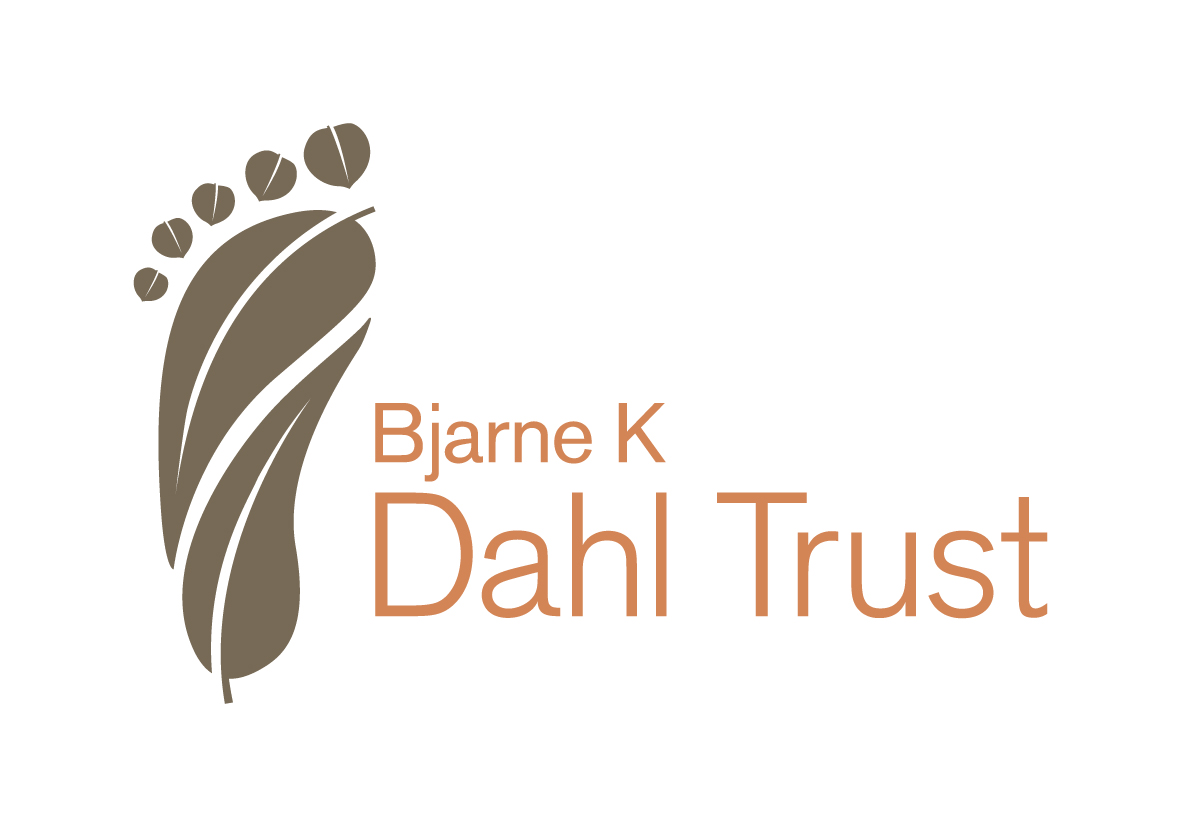
We will launch the Environment issue at Boyd on Tuesday, 11 November (6 pm). Danielle Clode will speak about and read from her essay. This is a free event, with refreshments. Reservations are essential: This email address is being protected from spambots. You need JavaScript enabled to view it..
Hard yakka
Alan Atkinson – former professor of history at the University of New England, now Senior Tutor at St Paul’s College, University of Sydney – has completed his mammoth history, The Europeans in Australia. Volume One (The Beginning) appeared in 1997; our Editor was the publisher at OUP. It won a New South Wales Premier’s Literary Award (Douglas Stewart Prize), among other awards. Volume Two (Democracy) followed in 2004 (also with OUP).
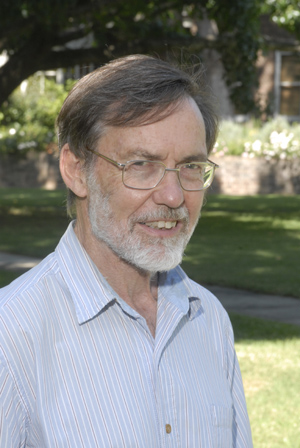 Alan Atkinson (photograph by Brian McInerney courtesy University of Sydney)
Alan Atkinson (photograph by Brian McInerney courtesy University of Sydney)
NewSouth is the publisher of the final volume (Nation). Reviewing it for us this month, Mark McKenna lauds the ‘originality and vision’ of the trilogy, one that ‘stands virtually alone in the ever-expanding field of Australian historiography’.
He notes that sole-authored, multi-volume histories of Australia went out of vogue when Manning Clark completed his six-volume one in 1987. This may explain why The Europeans in Australia is ‘barely known outside the historical profession’. Professor McKenna goes further:
Outside of a small minority, Australia’s public culture does not have the same respect for intellectual endeavour as can be found in many other countries. In the wake of the ‘history wars’ and the rise of the Anzac myth, we have also become less willing to embrace history that is not seen to be praising our courage and sacrifice on the battlefield or revealing our true character in a benign and celebratory manner. When trying to answer the perennial question ‘who are the Australians?’, it seems that we do not want to have to work too hard.
Meanwhile, another single-authored three-volume history of Australia has been completed: Thomas Keneally’s similarly ambitious undertaking for Allen & Unwin.
Two new ABR Fellows
The ABR Fellowship Program, which began in 2010, is now well established. The current ABR Ian Potter Foundation Fellowship (the third to be supported by The Ian Potter Foundation) attracted a particularly strong field – so impressive in fact that we have decided to appoint two Fellows, not just one.
 Shannon Burns
Shannon Burns
James McNamara – our new ABR Ian Potter Foundation Fellow – will write a long article on the golden age of television.
 James McNamara
James McNamara
Additional support from our many Patrons enables us to appoint Shannon Burns as an ABR Patrons’ Fellow. Dr Burns will write a long profile on Gerald Murnane.
We congratulate both of our new Fellows, and we look forward to offering more Fellowships in coming months.
Fruitful month for poet Stephen Edgar
Stephen Edgar – inaugural winner of the Peter Porter Poetry Prize – is having a good month. Recently he was named joint winner (with Ashley Hay, author of The Railwayman’s Wife, whose epigraph, coincidentally, comes from Stephen Edgar) of the 2013 Colin Roderick Award. He has also been shortlisted for the 2014 Prime Minister’s Literary Award for Poetry (worth $80,000). The poetry collection in question was Edgar’s Eldershaw.
Geoffrey Lehmann will review Stephen Edgar’s new collection, Exhibits of the Sun (also published by Black Pepper), in our December issue.
Vale Morris Lurie
Morris Lurie – the prolific novelist and short story writer – has died in Melbourne, aged seventy-five. Among his most celebrated works were Rappaport (1966) and Flying Home (1978). He won many awards, notably the 2006 Patrick White Award. His stories appeared in The New Yorker and all major Australian quarterlies. Don Anderson, who reviewed his book Hergesheimer Hangs In for us in 2011, described him as ‘The King of Jazz’.
Books of the Year
‘The longer I live, the harder it is to have a favourite anything,’ writes Peter Carey in this month’s Open Page (Patrick Allington reviewed his new novel, Amnesia, in the October issue). But we are relying on our senior critics, writers, and commentators to do their best when nominating the ‘books of the year’ for this ever-popular feature in the December issue.
Patrick Modiano wins the Nobel Prize
The dispensers of the Nobel Prize for literature have surprised many Anglophones in recent times, and this year’s choice, novelist Patrick Modiano, is no exception. Beyond France, the mercurially shy Frenchman, author of about two dozen novels, is little known outside academia, and few of his works are available in English. Best known among his books are Rue des Boutiques Obscures (Missing Person, 1978) and Dora Bruder (1997); the former won the Goncourt Prize.
As it happens, the first book devoted to Modiano’s fiction was written by two Australian Francophiles: ABR regular Colin Nettelbeck (emeritus professor of French Studies at the University of Melbourne) and Penny Hueston (now co-owner and publisher at Text Publishing). Their monograph, Patrick Modiano: pièces d’identité, appeared in 1986.


